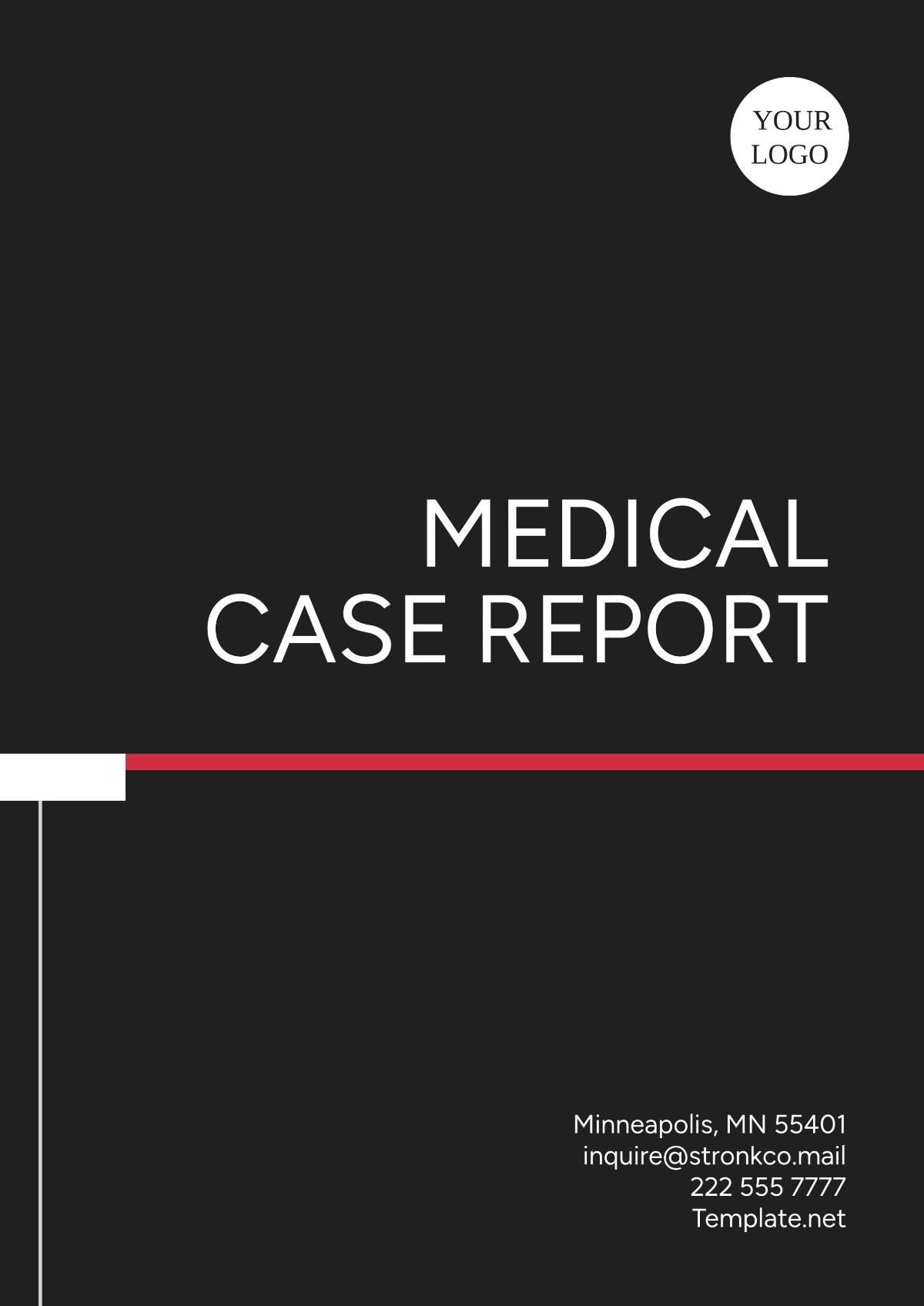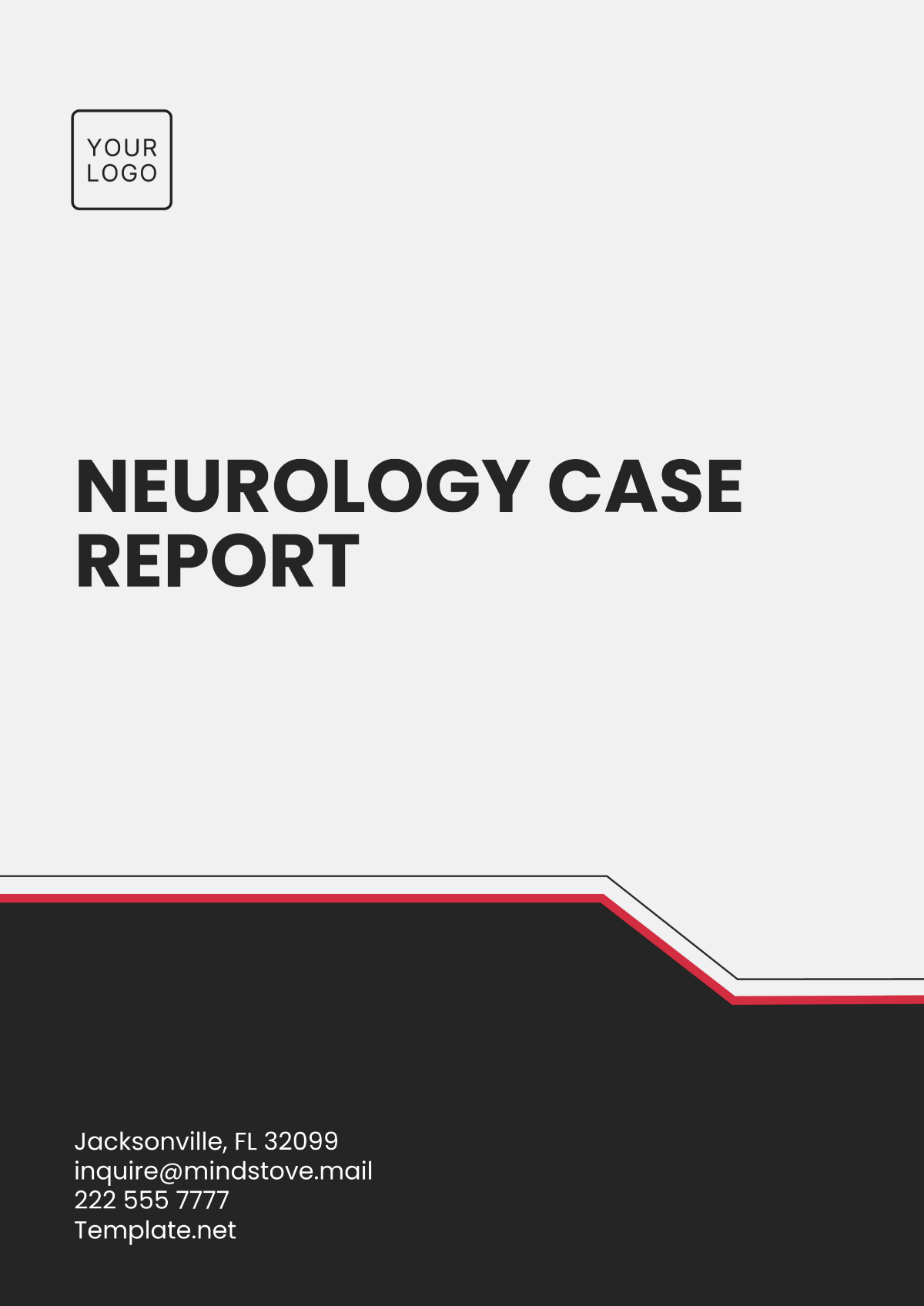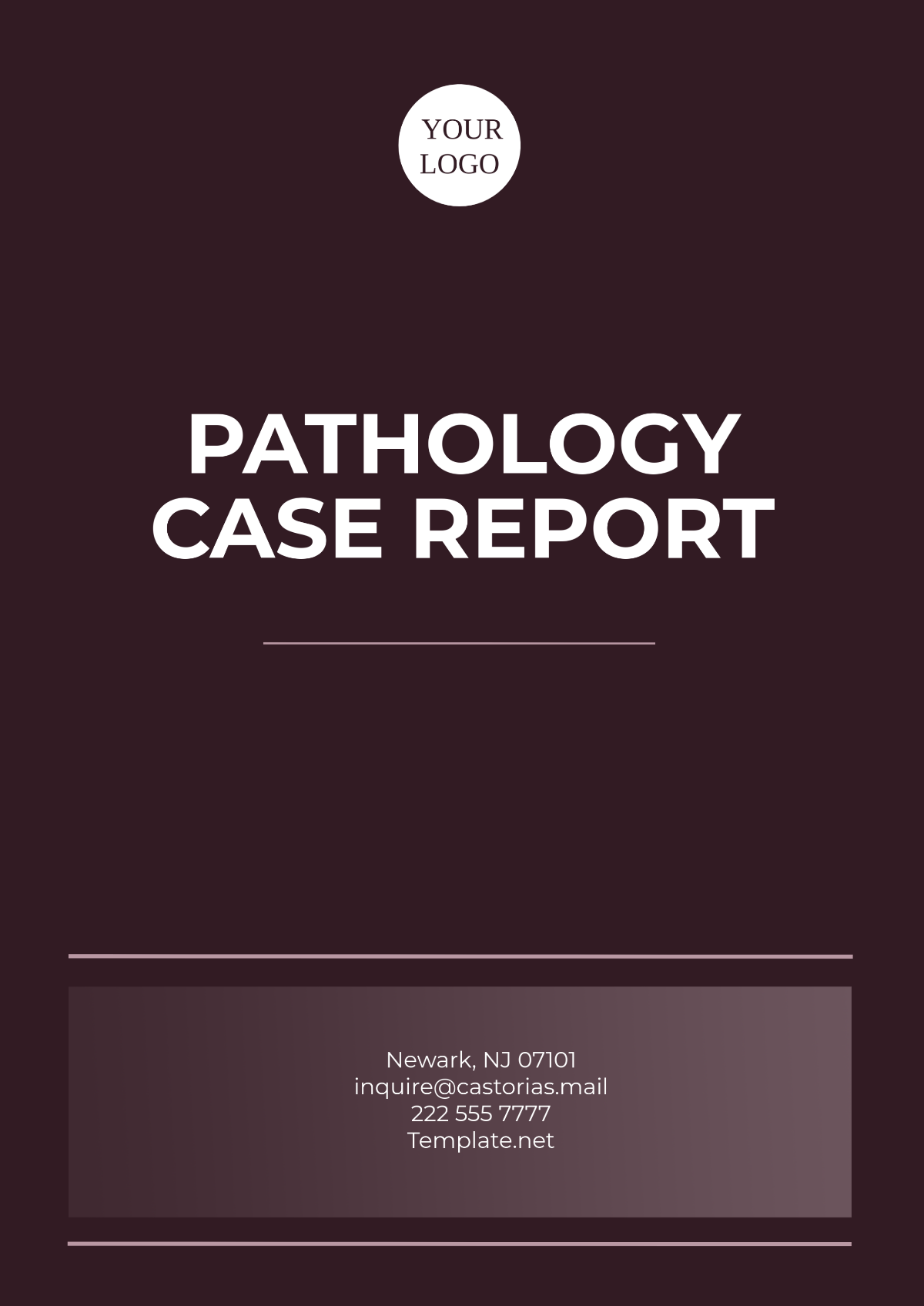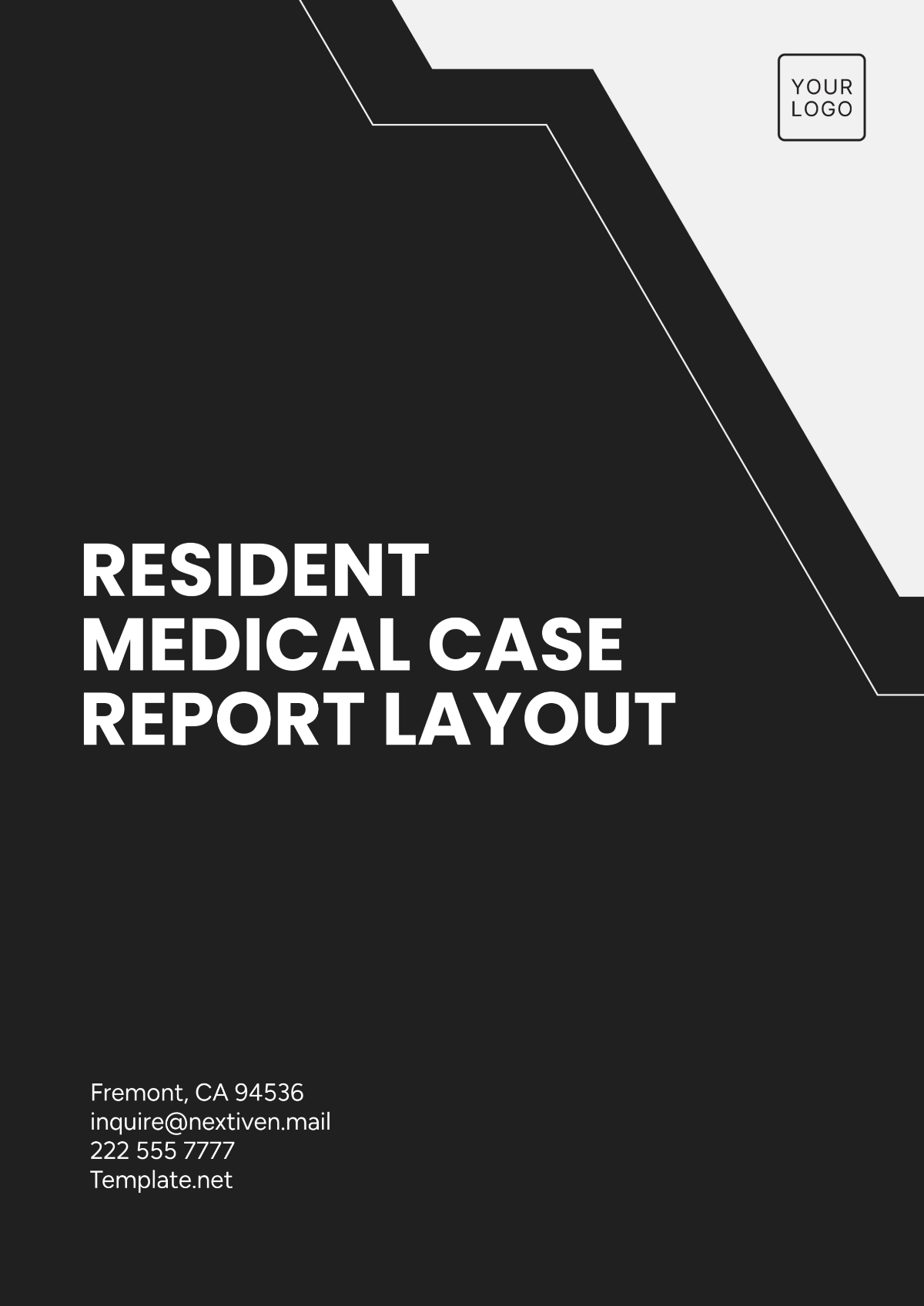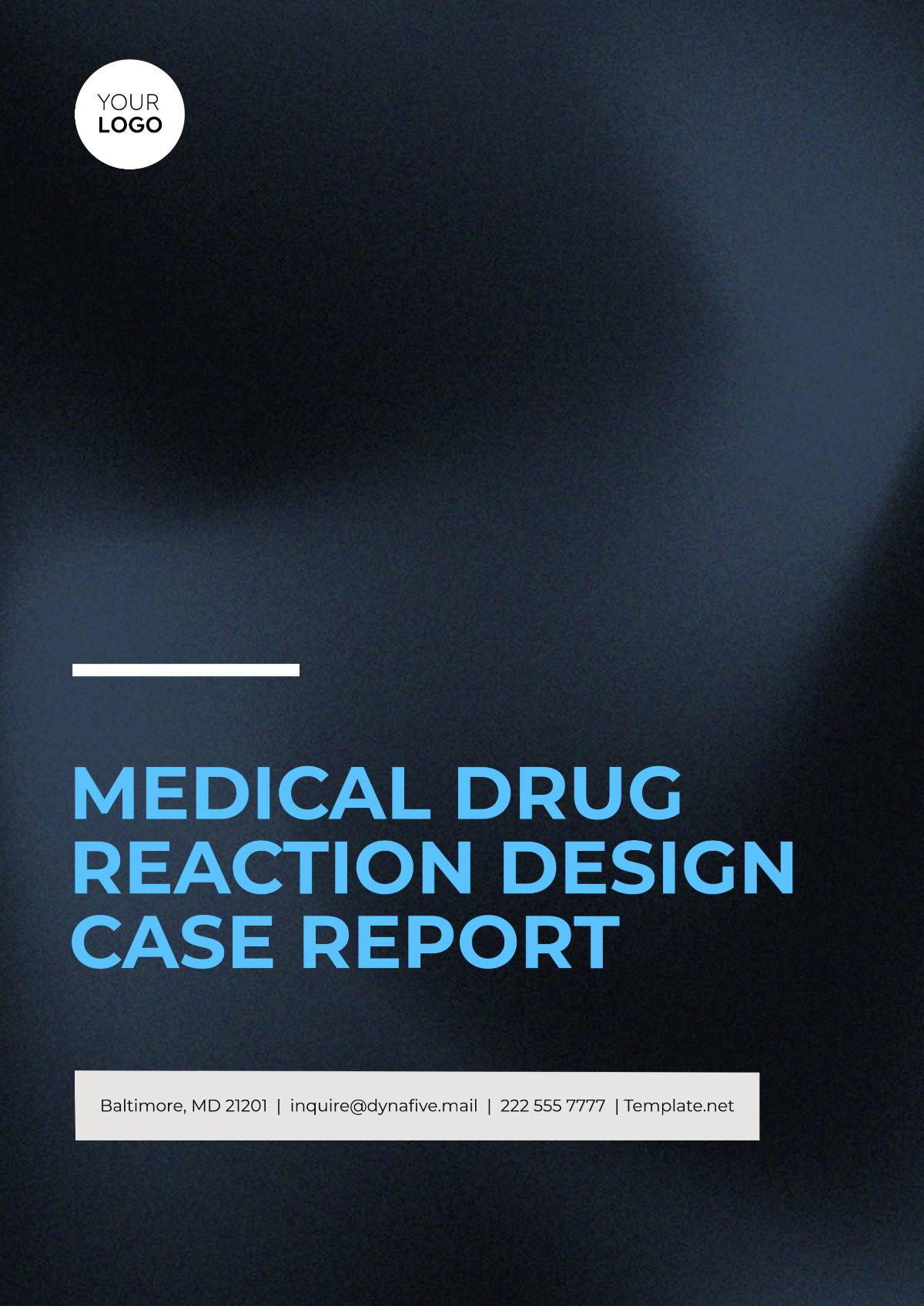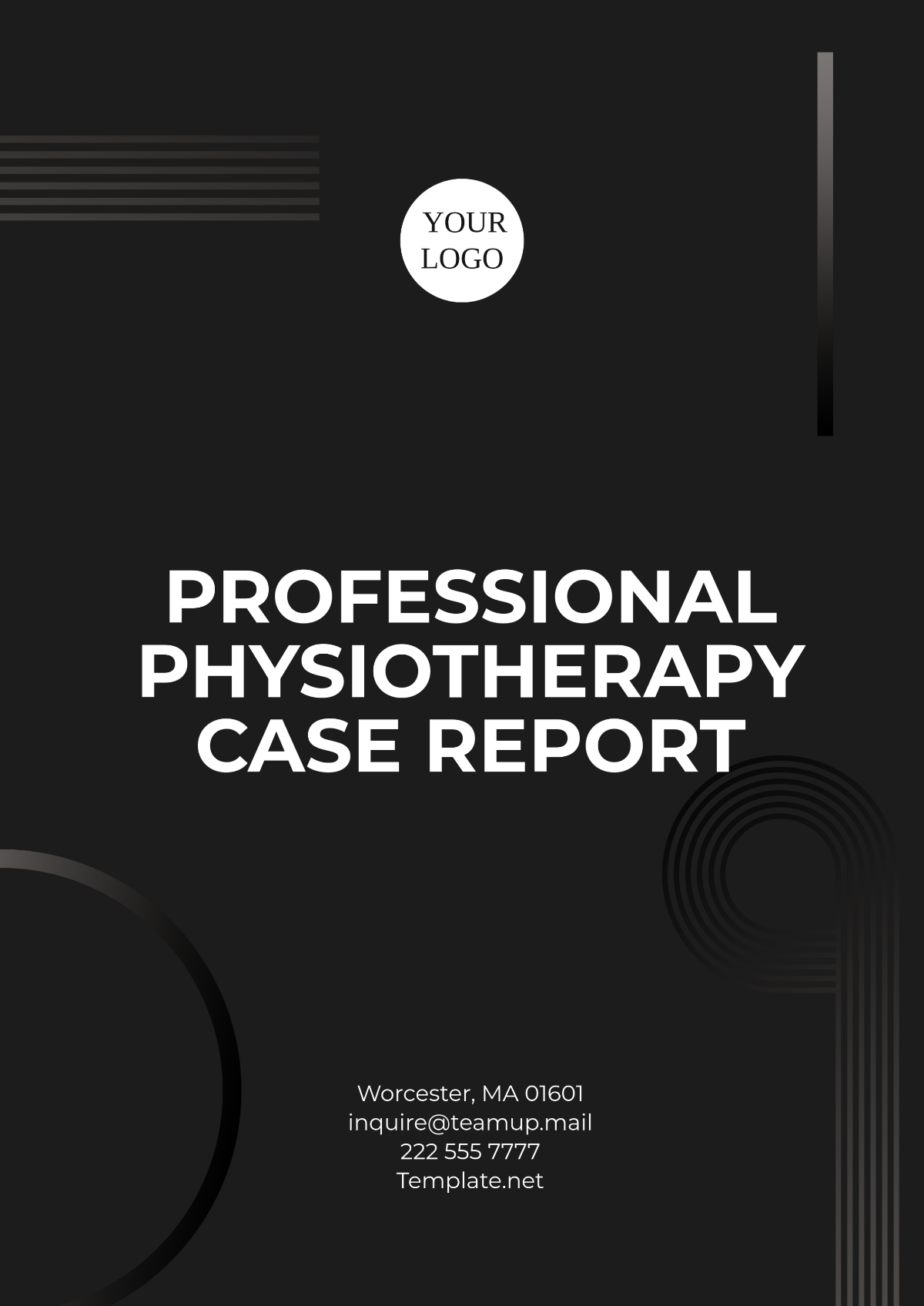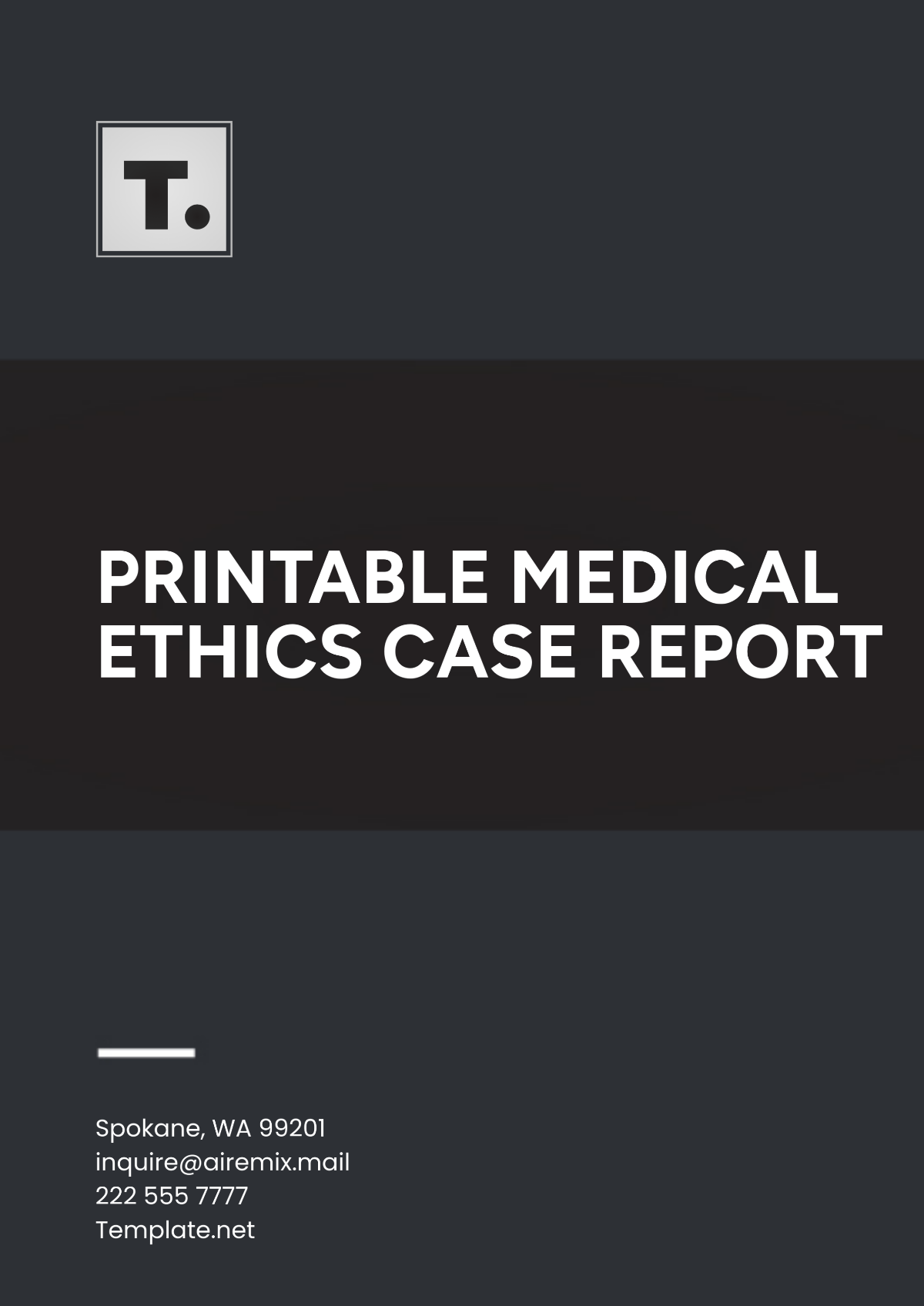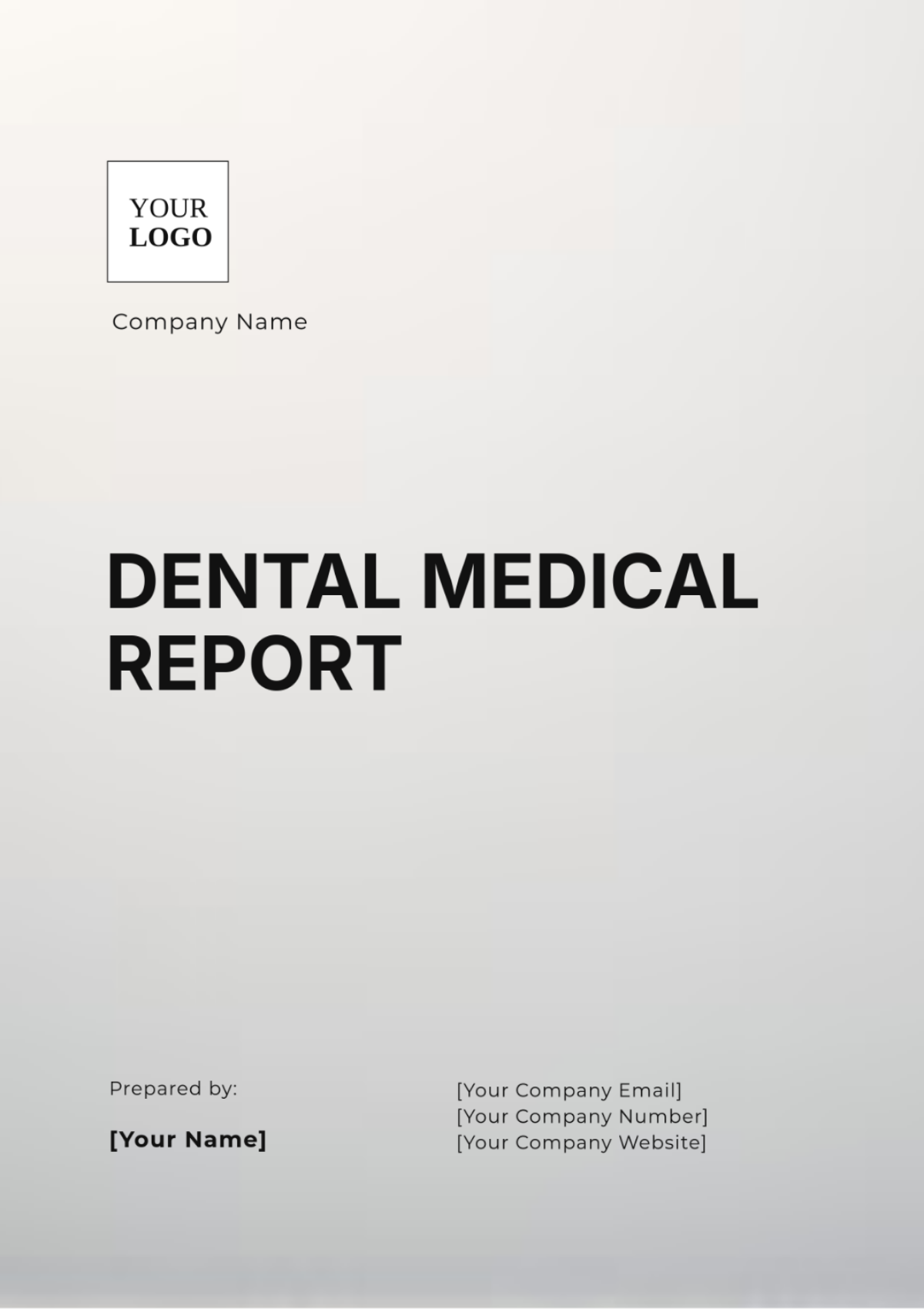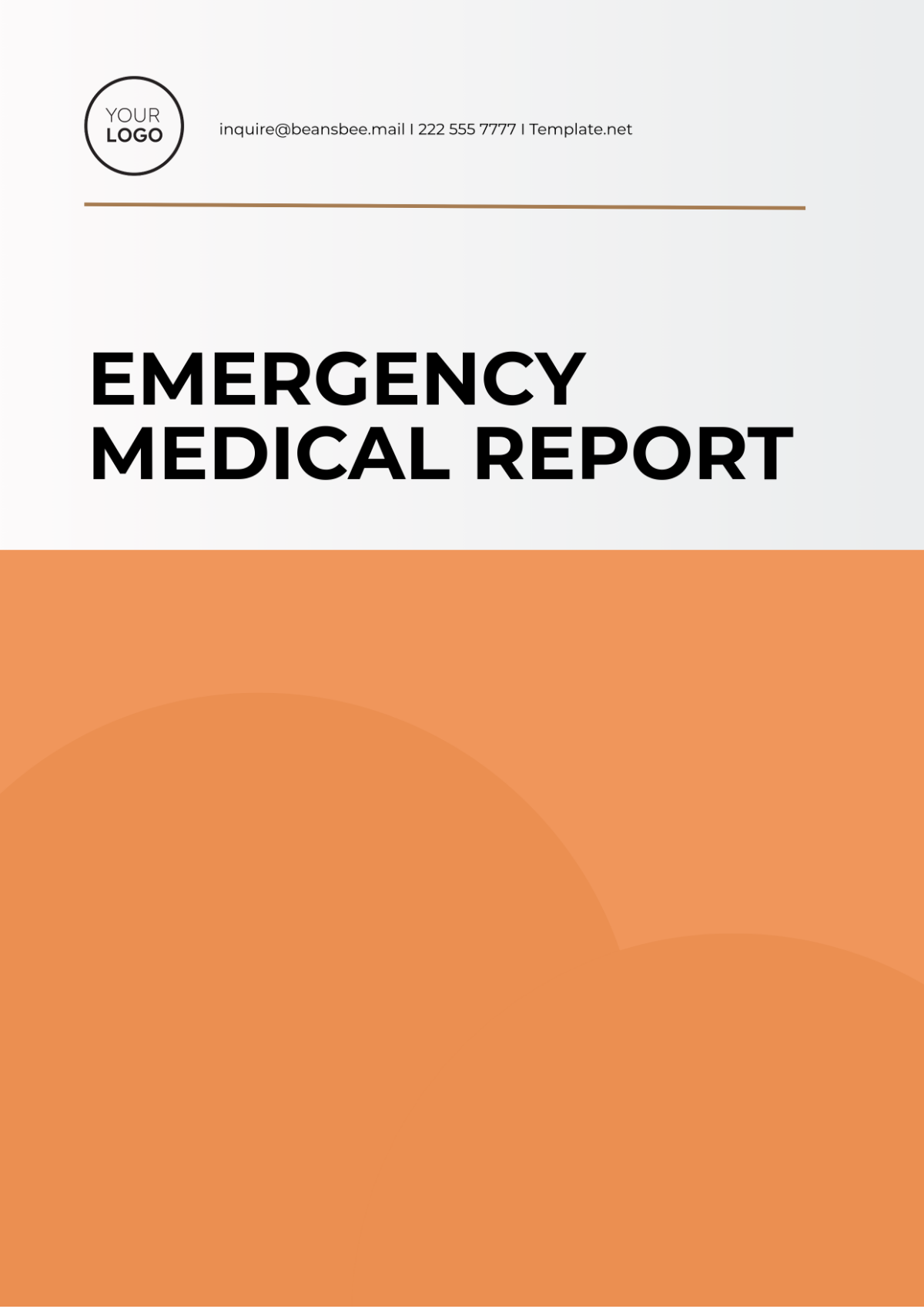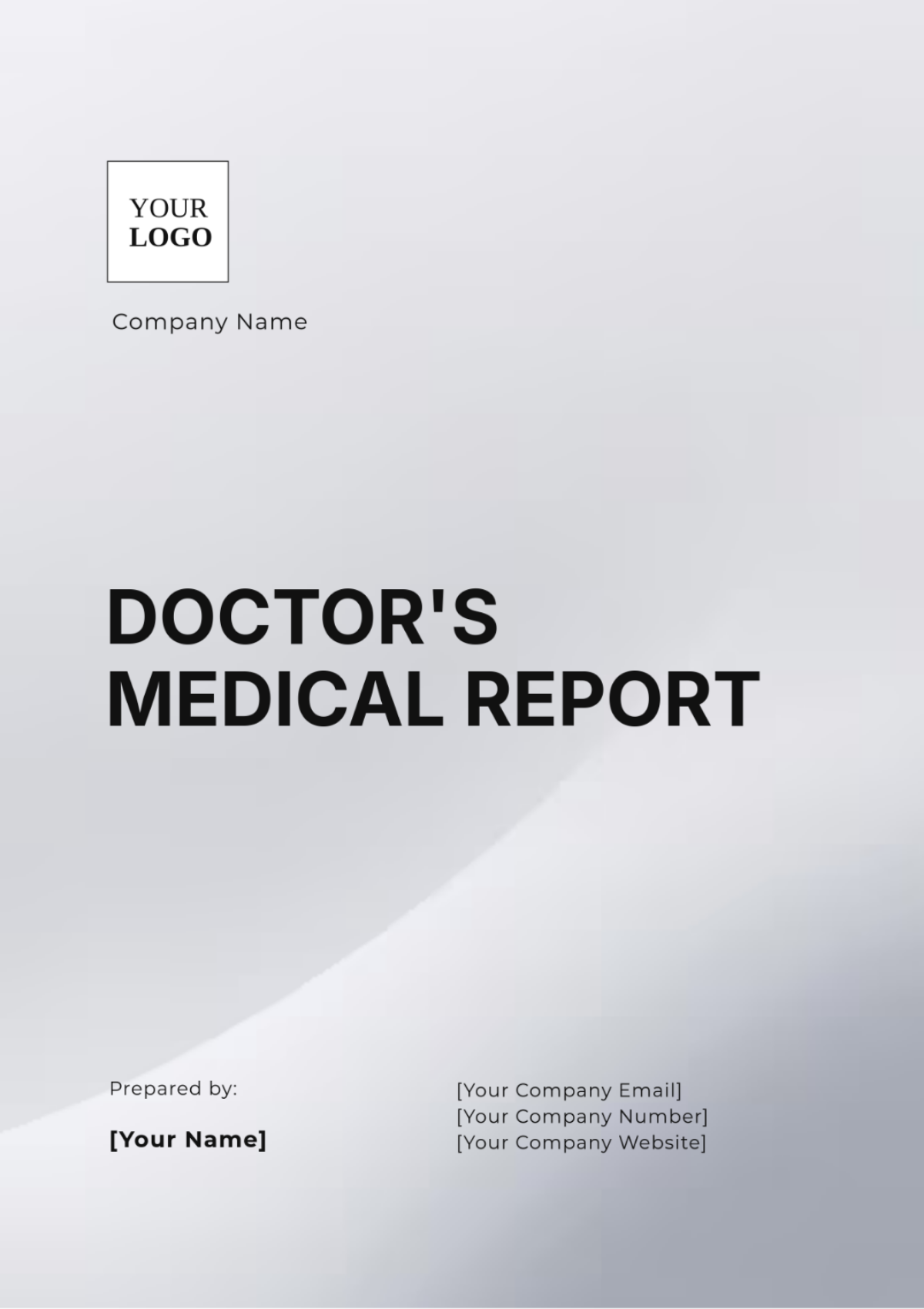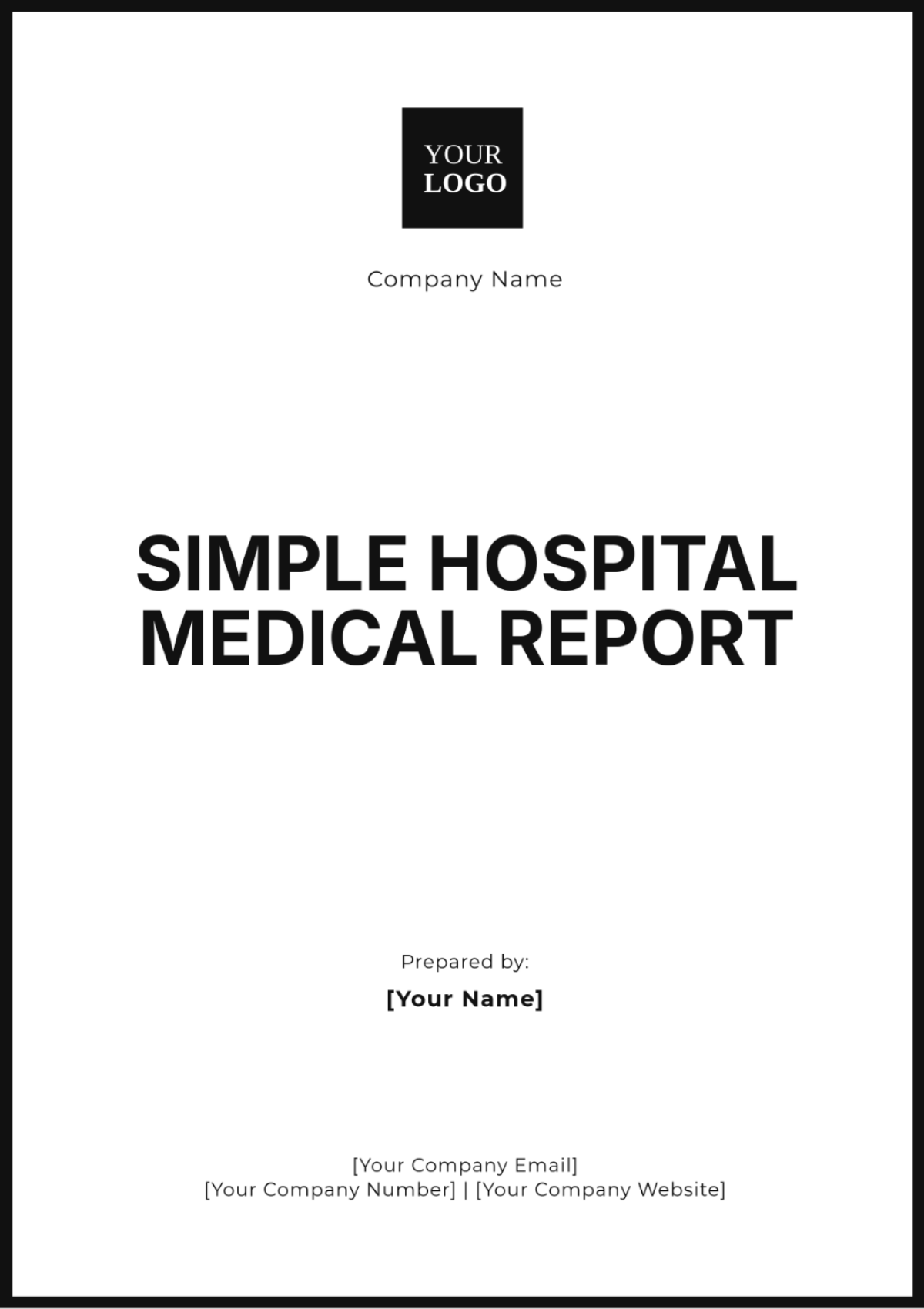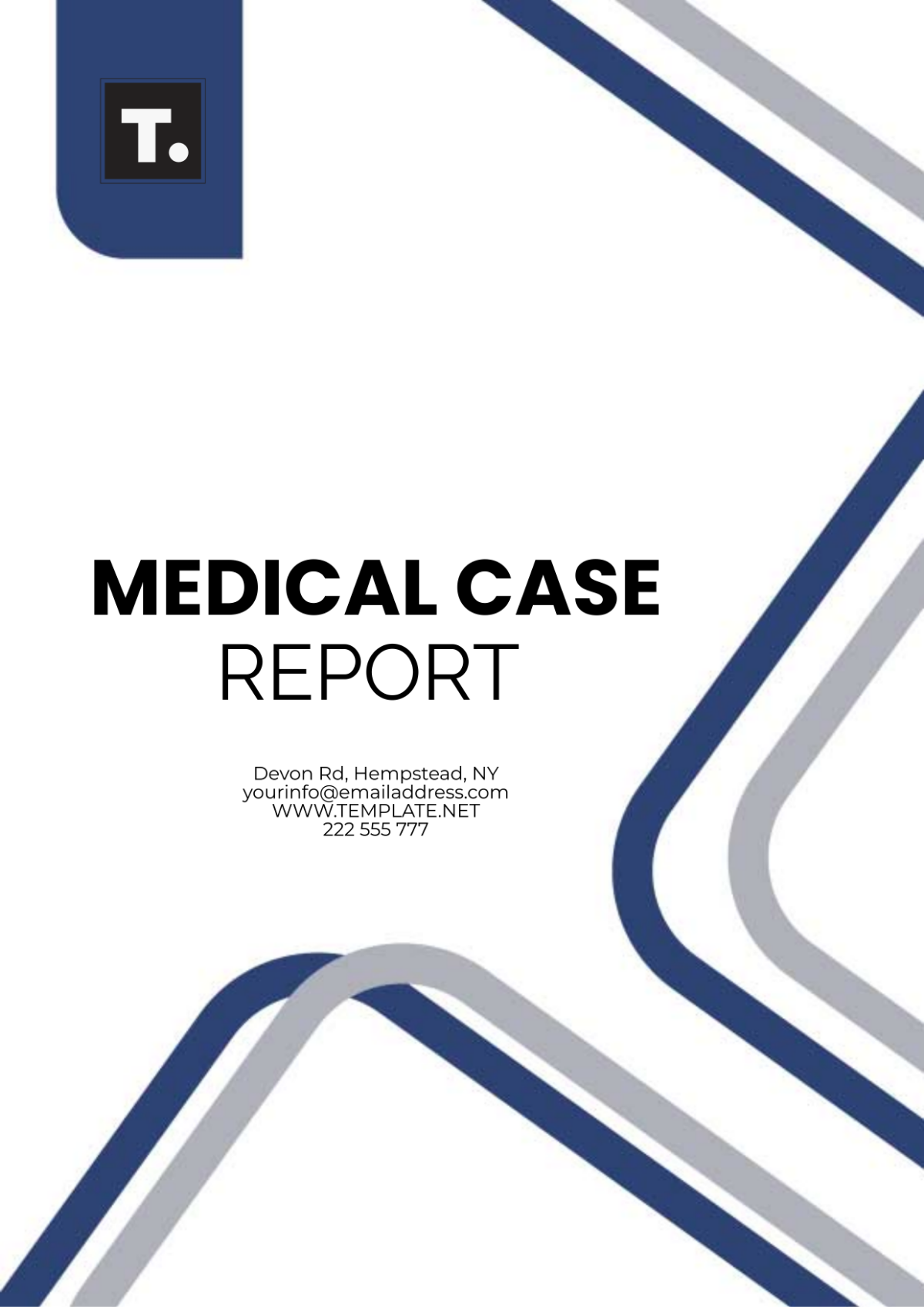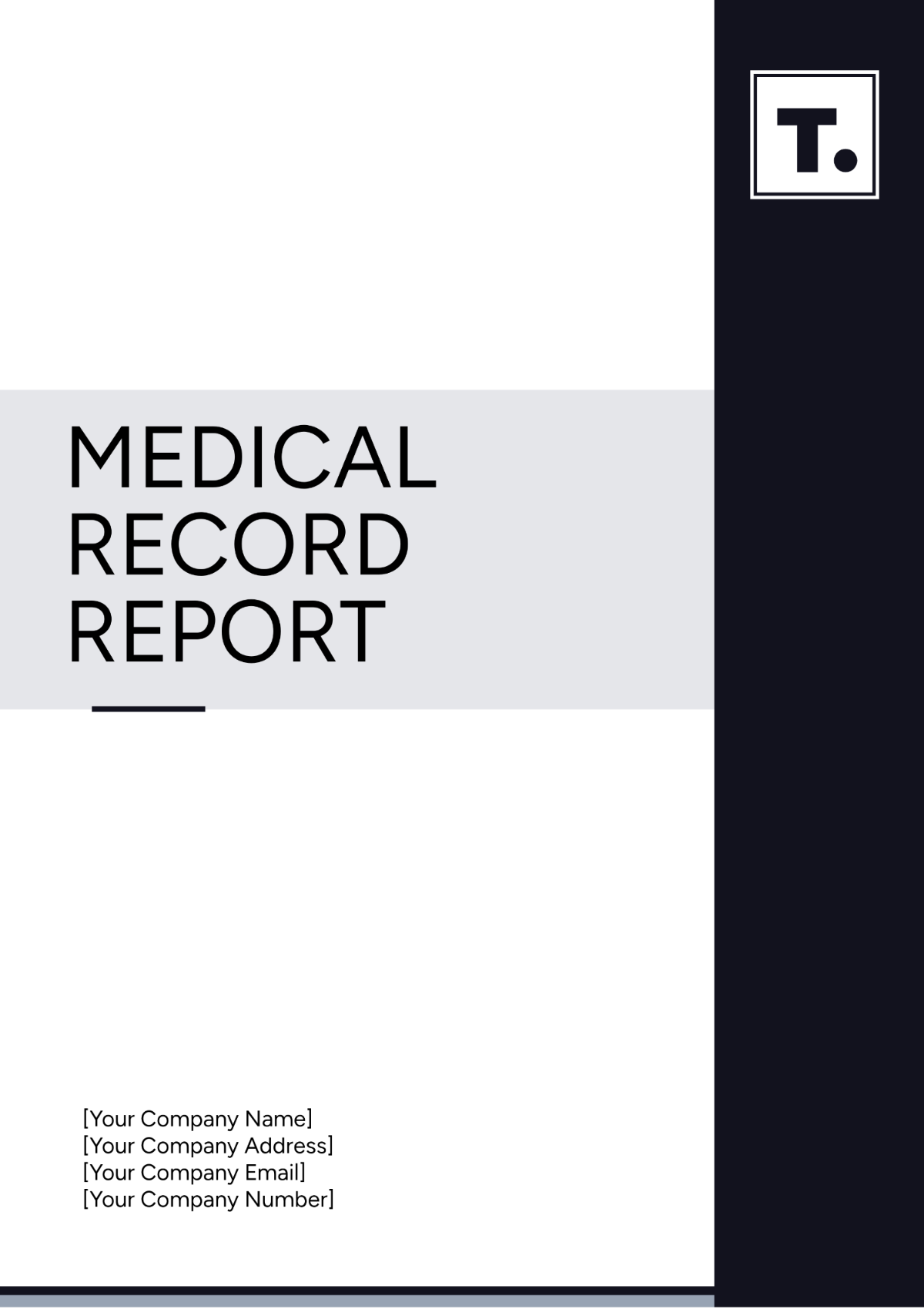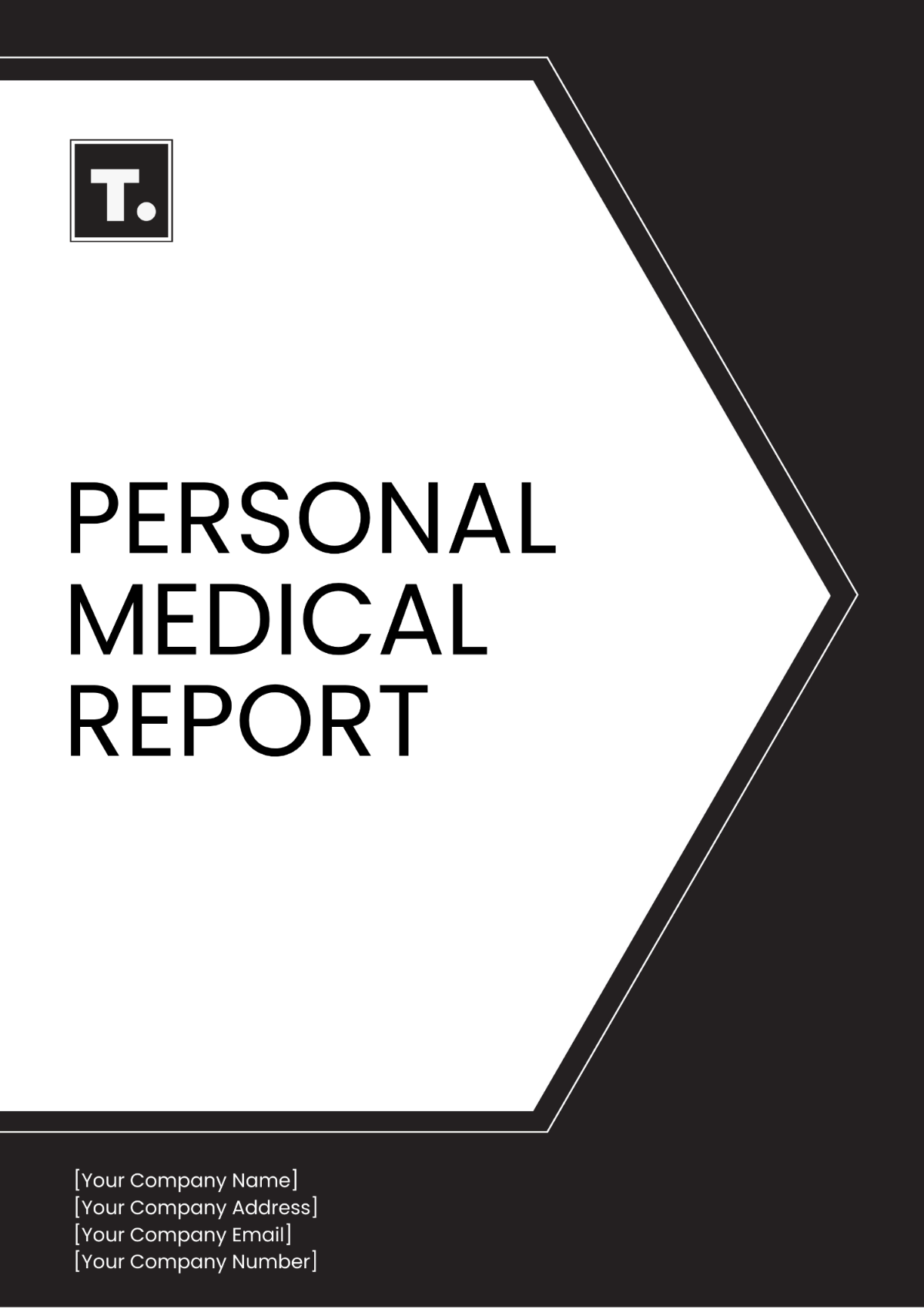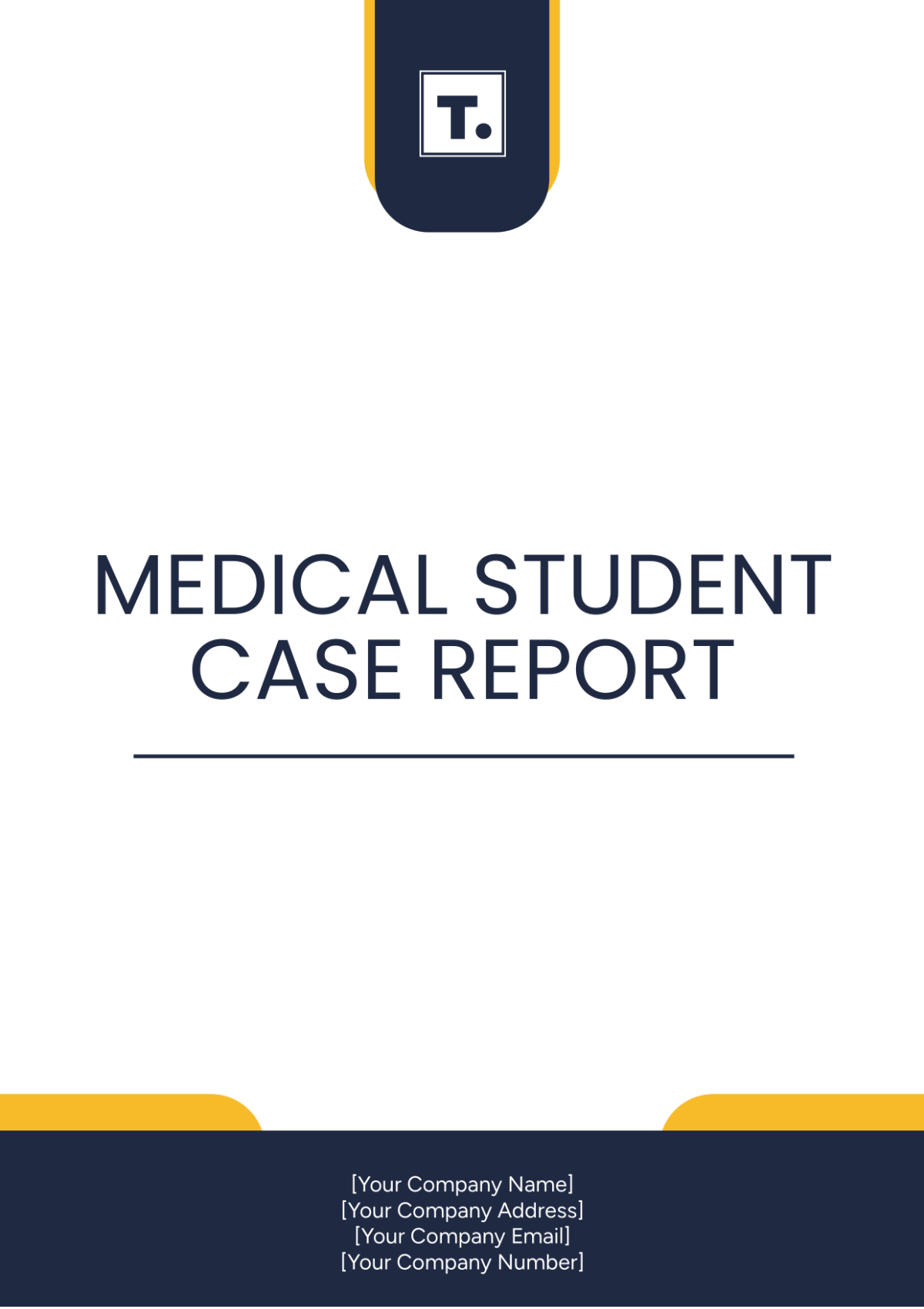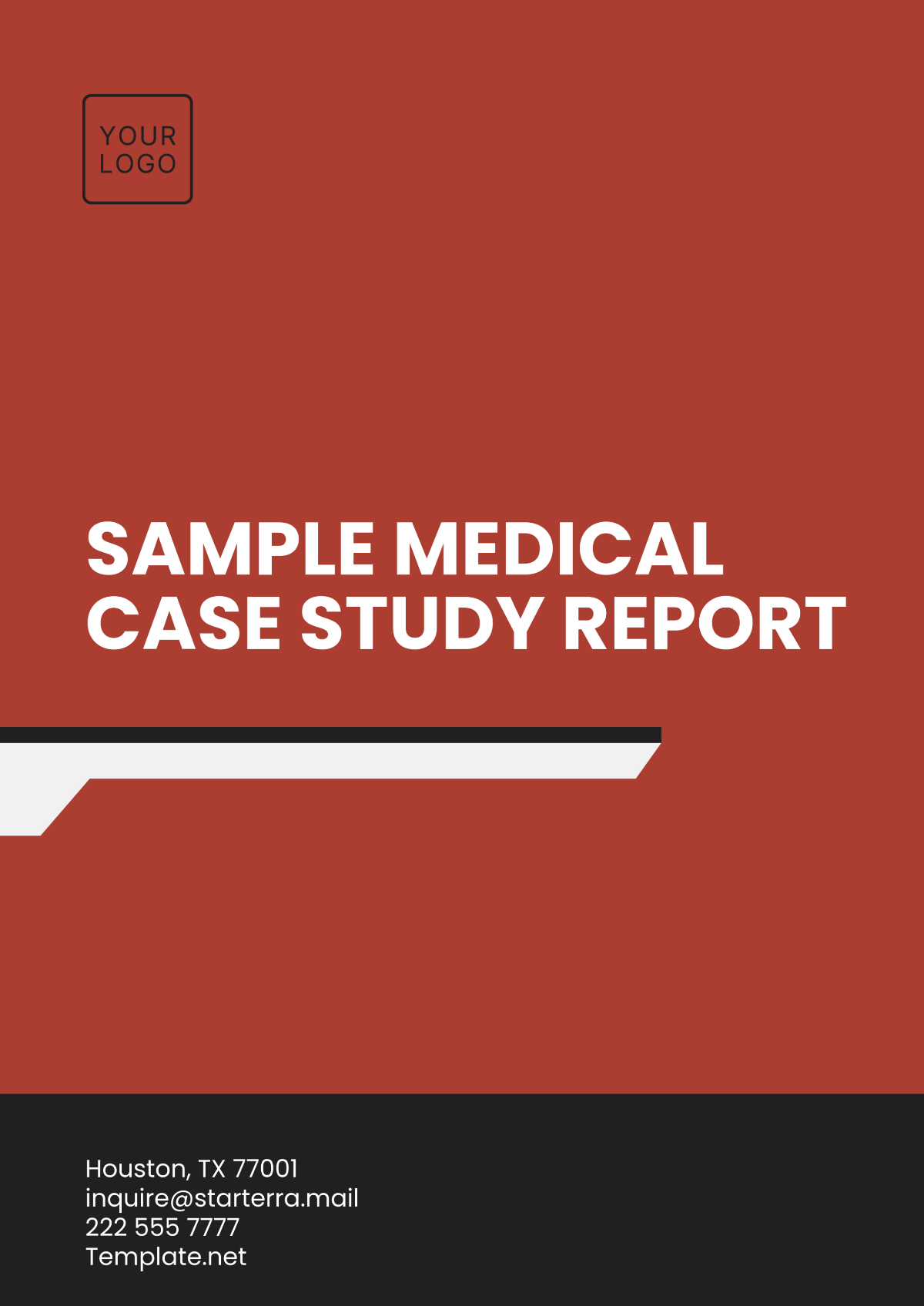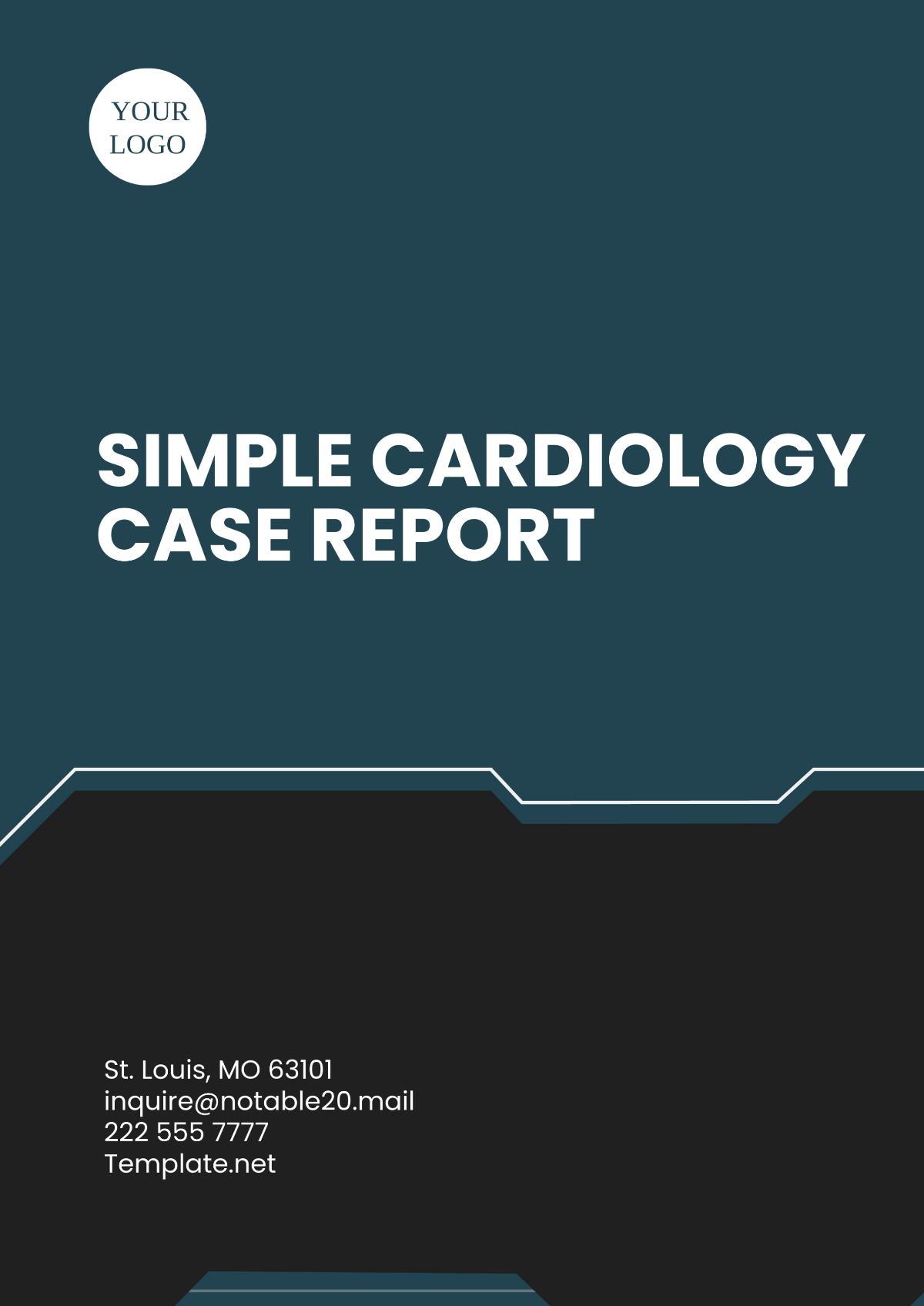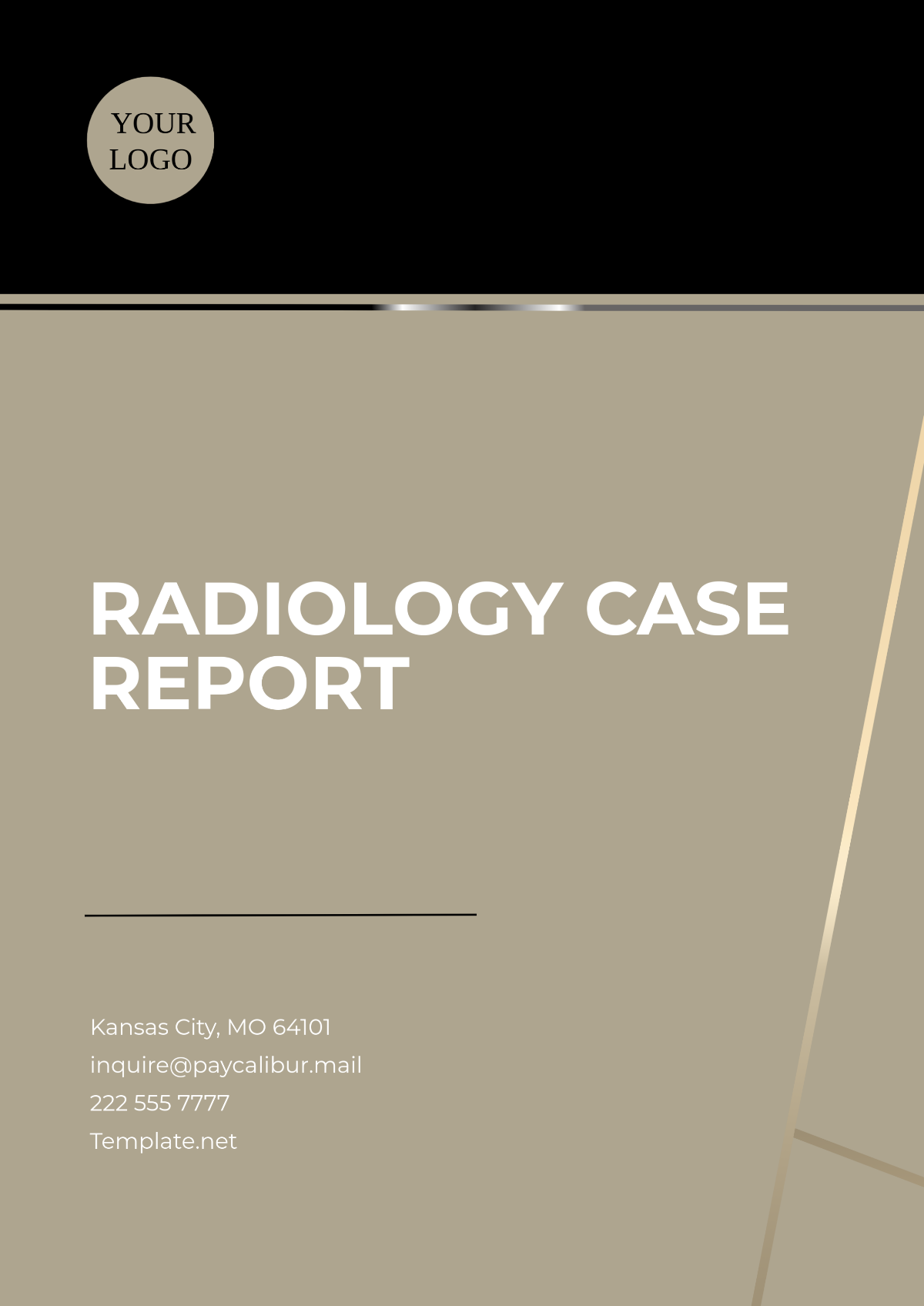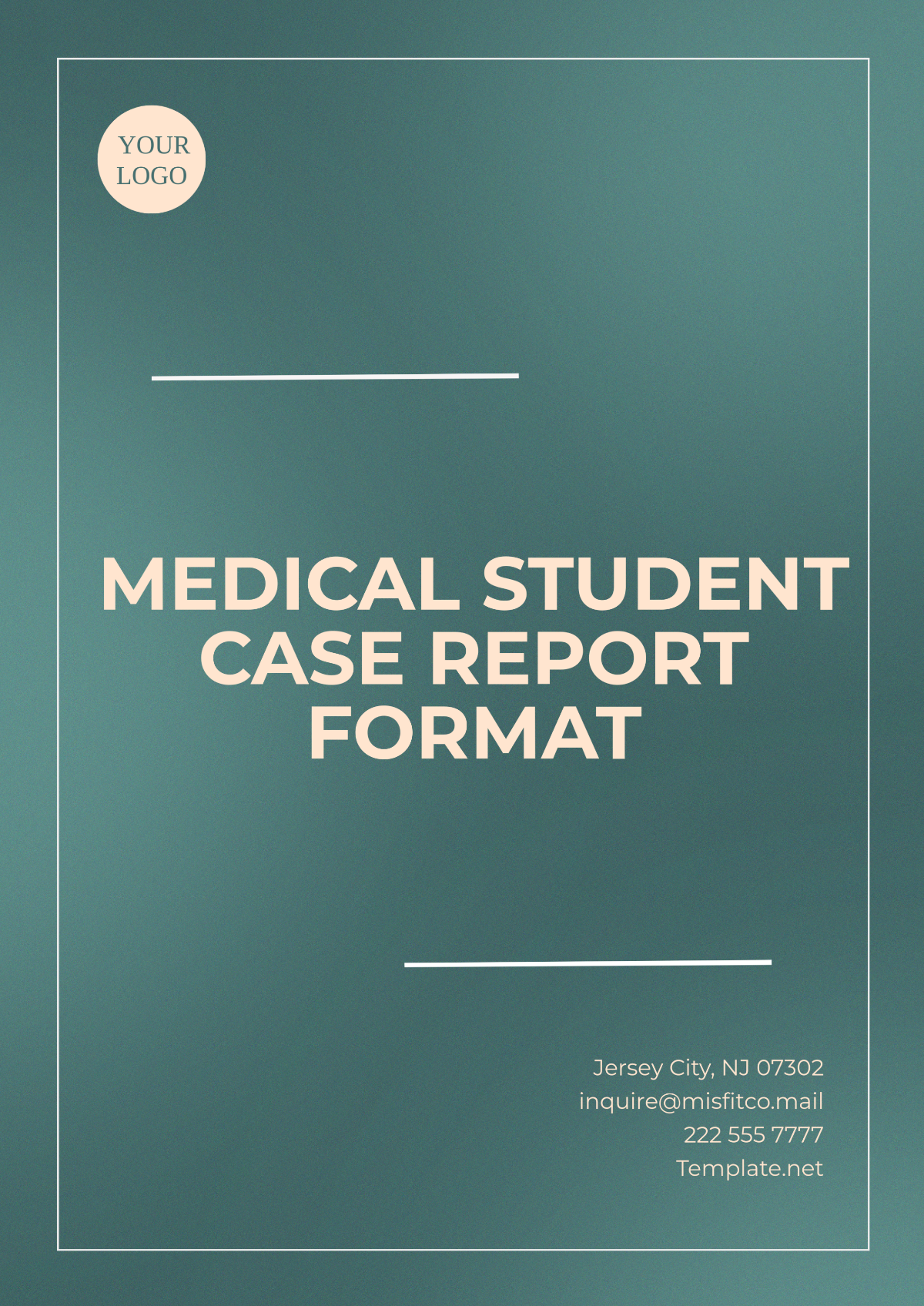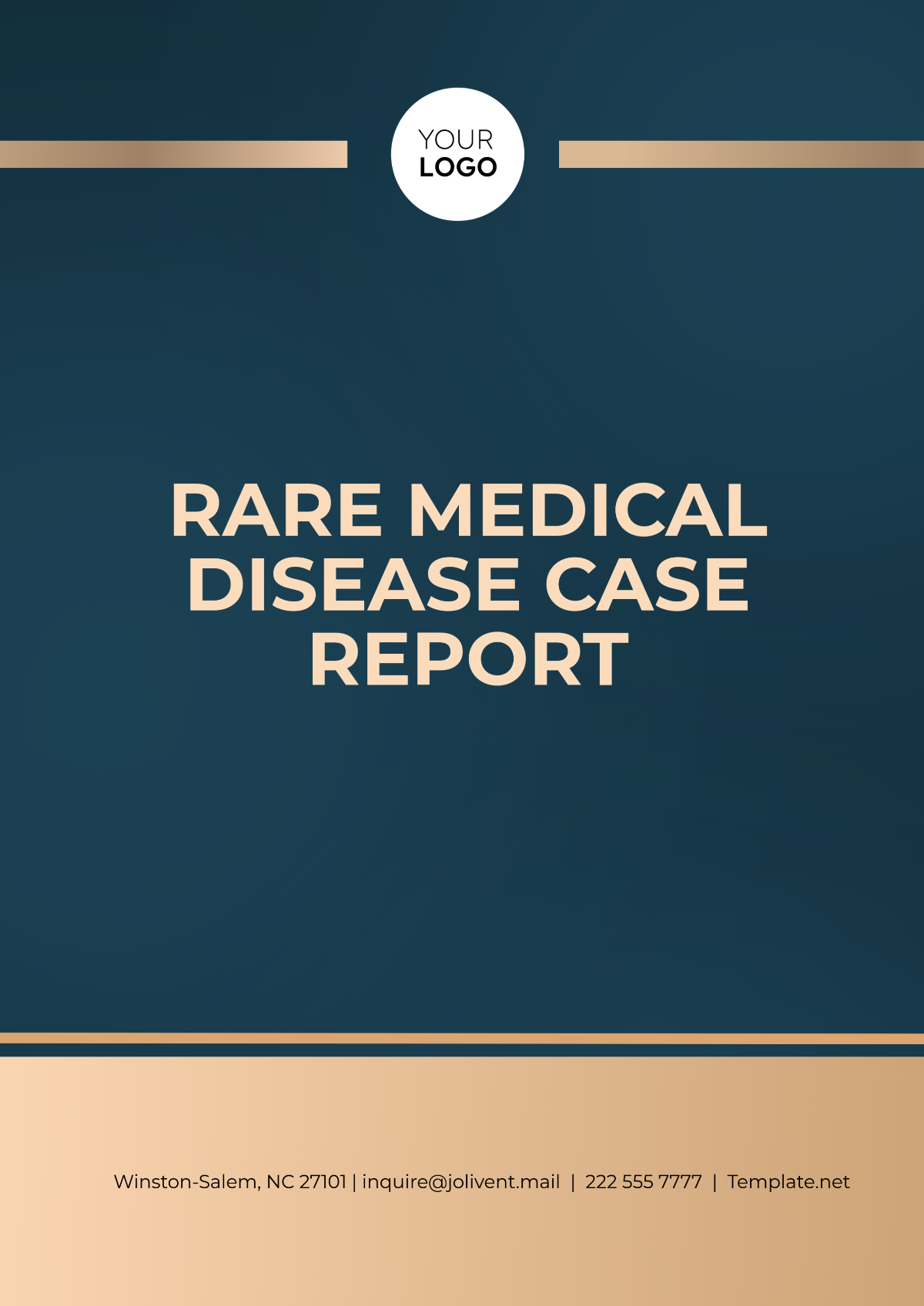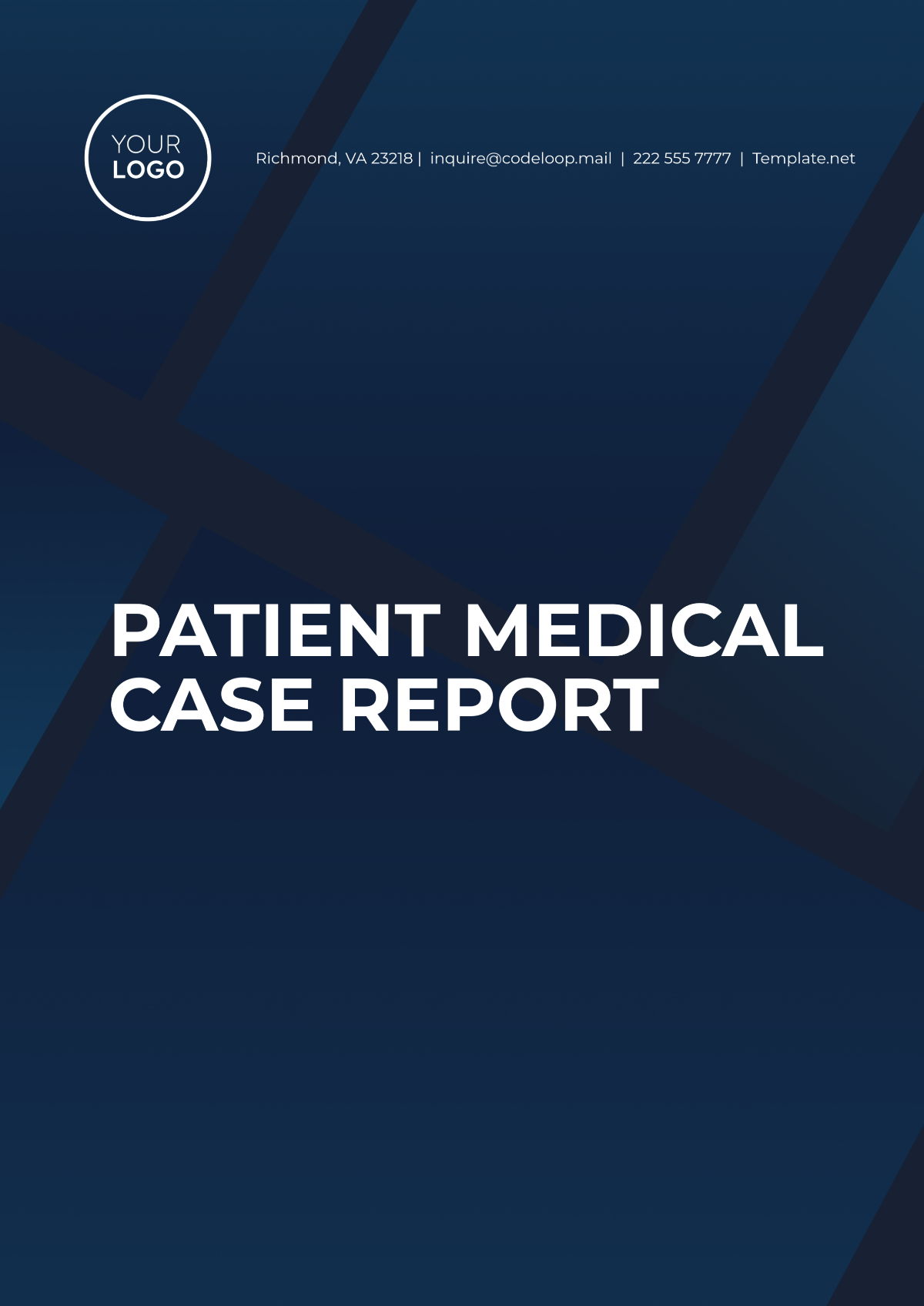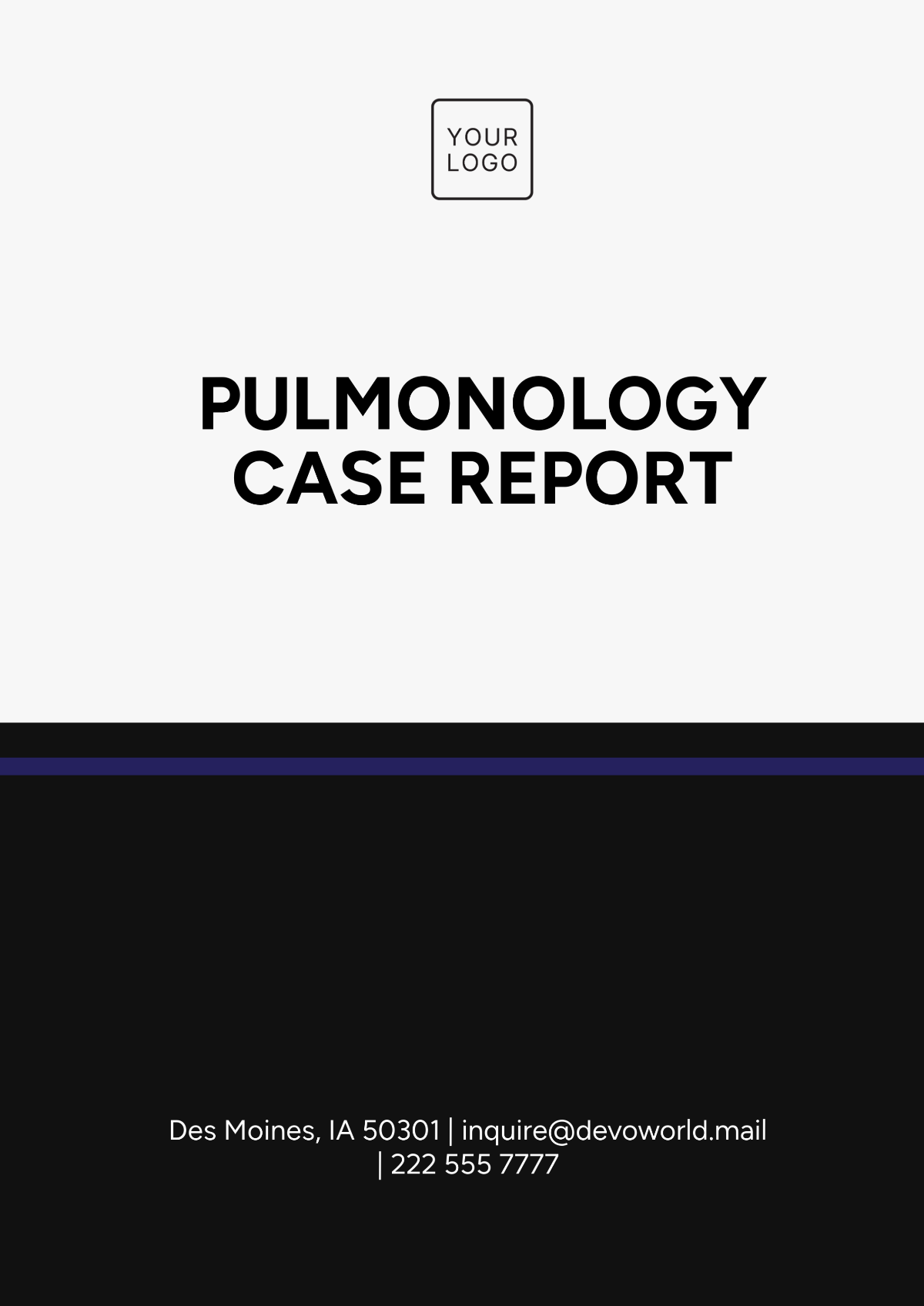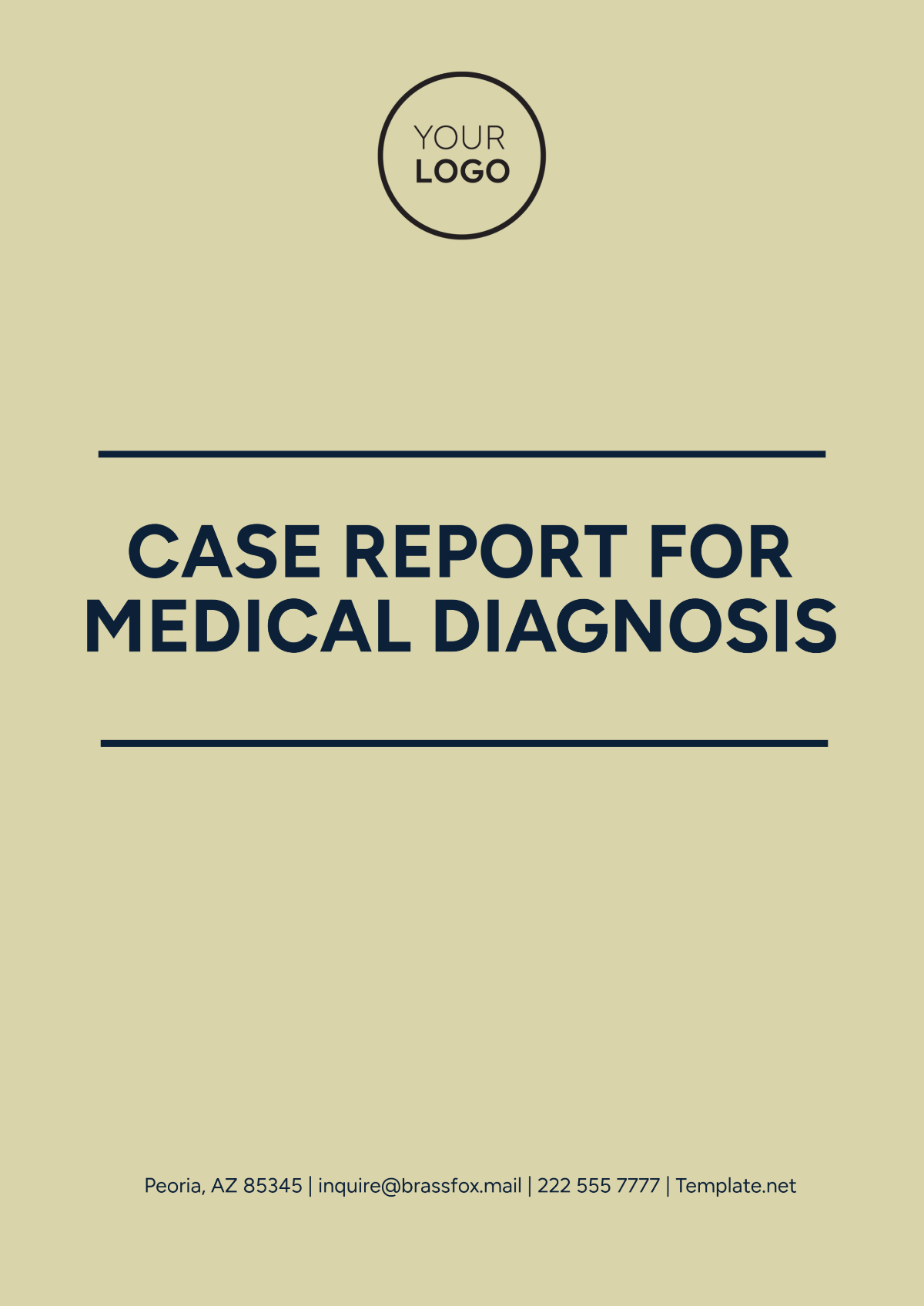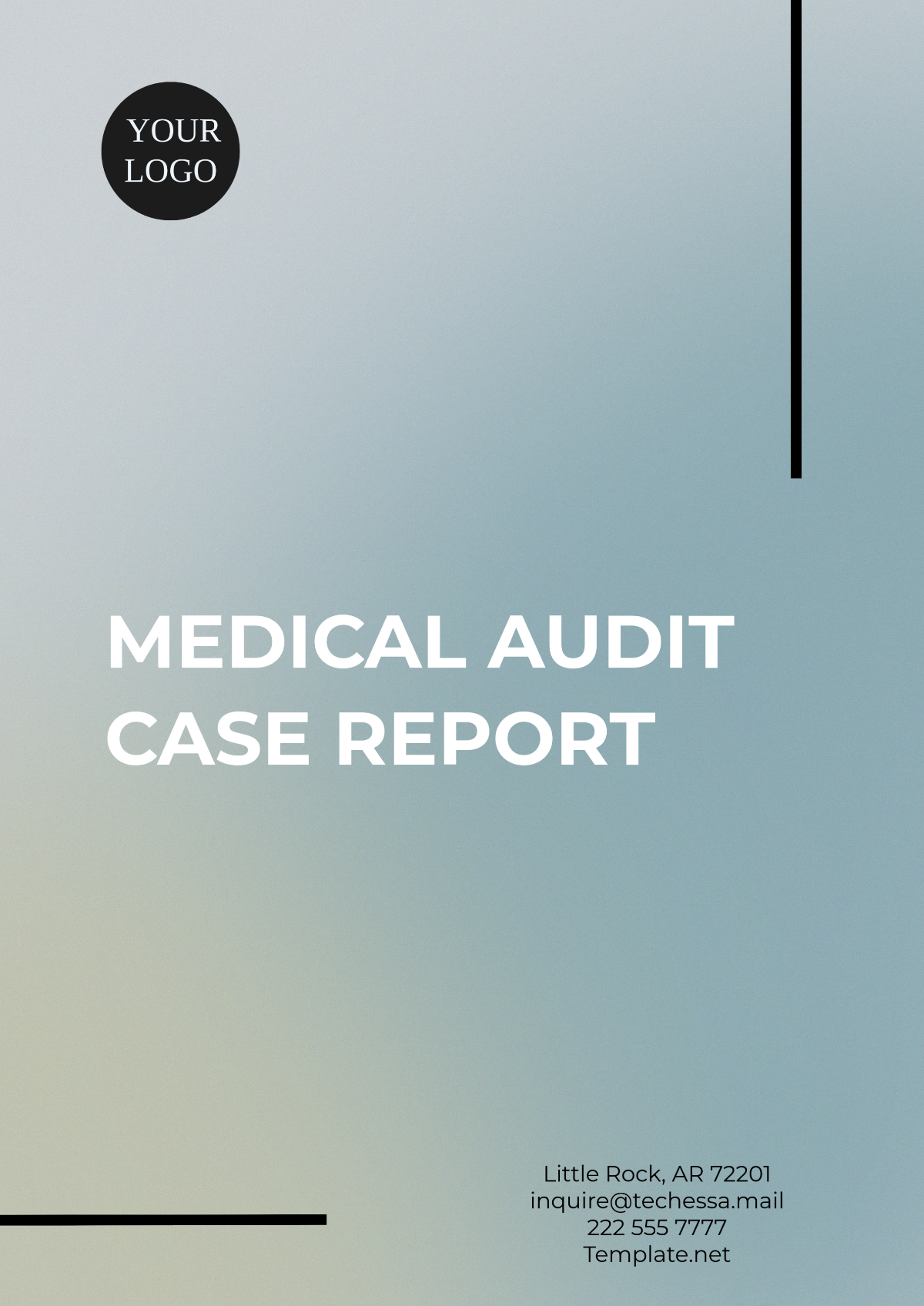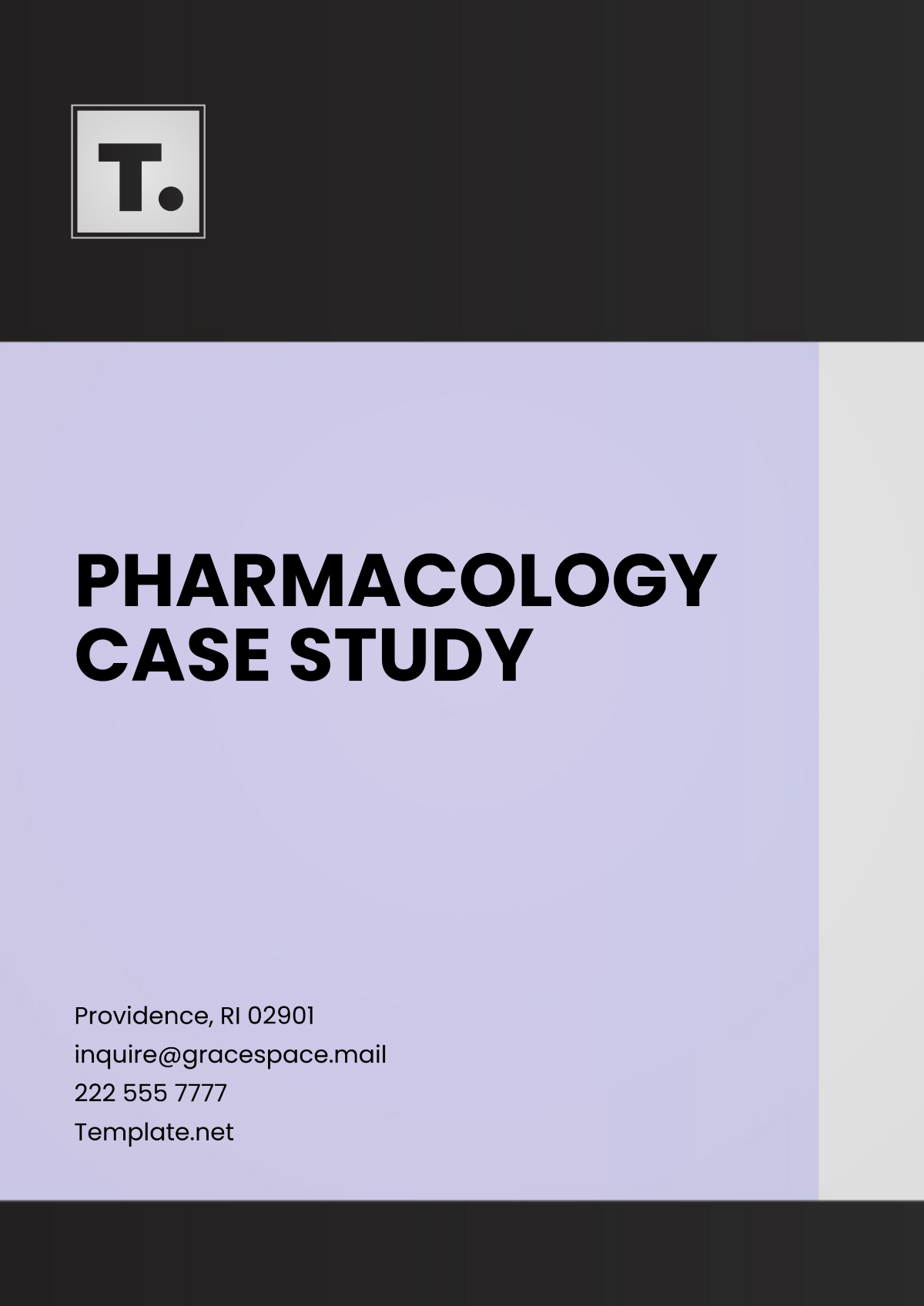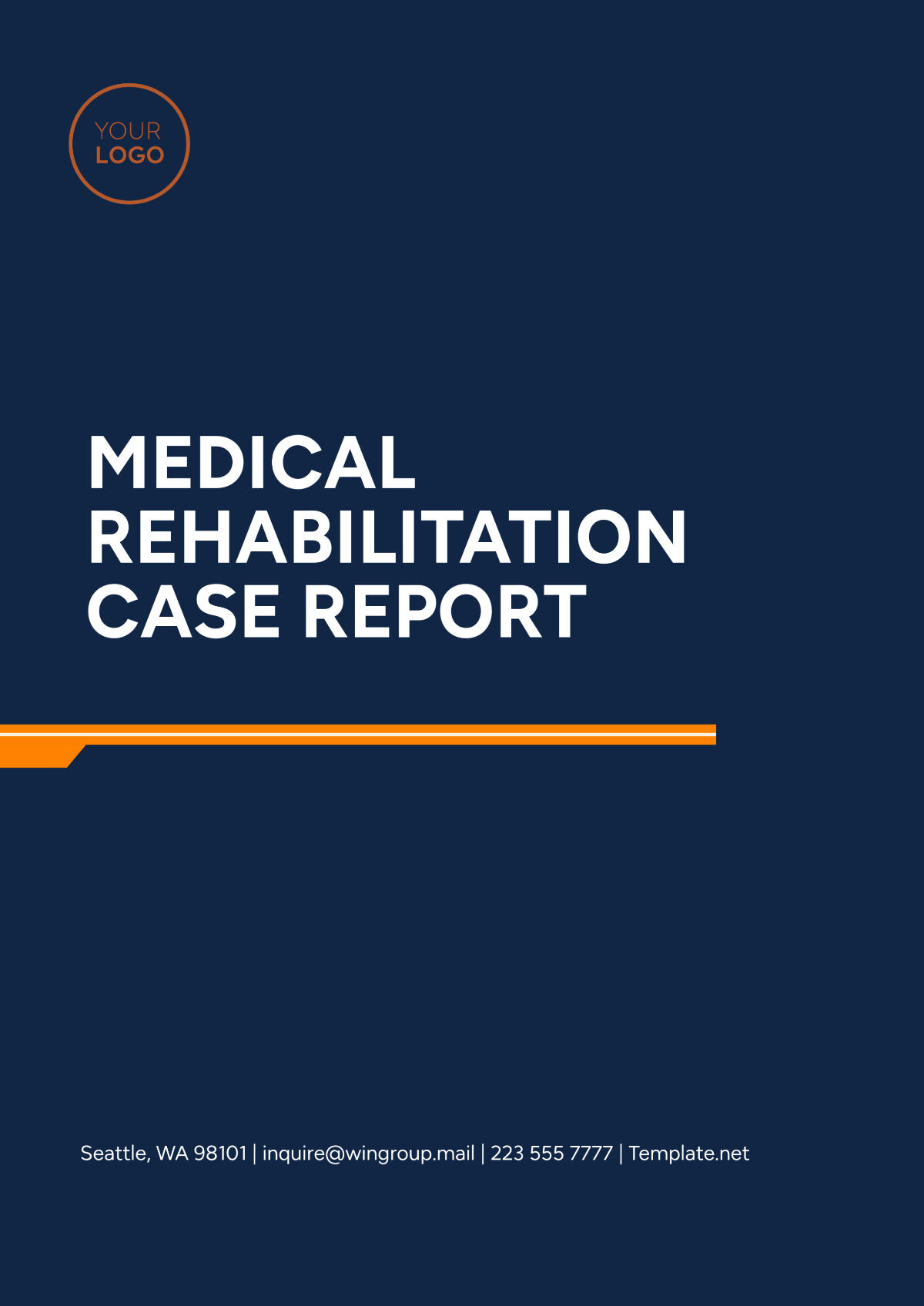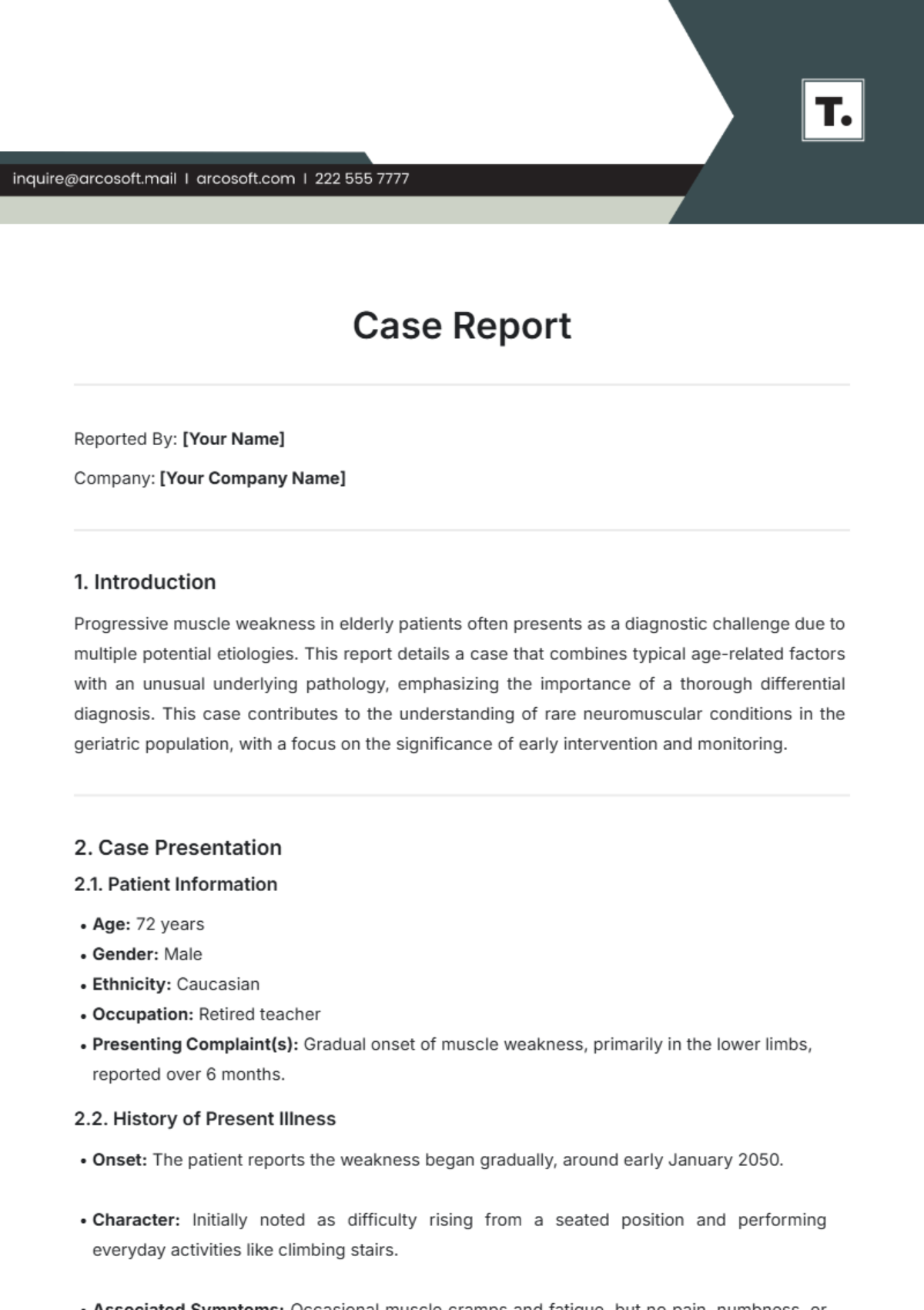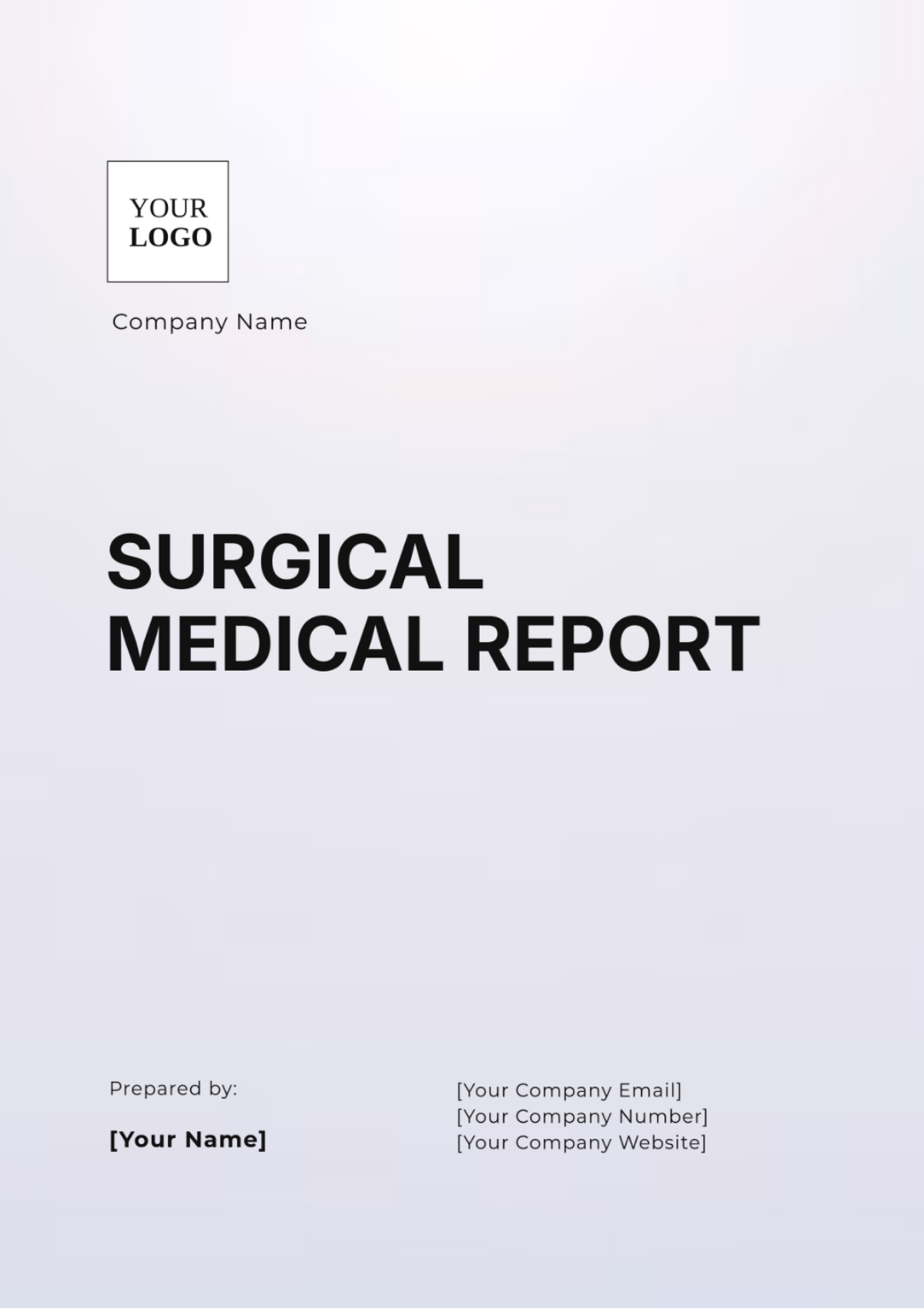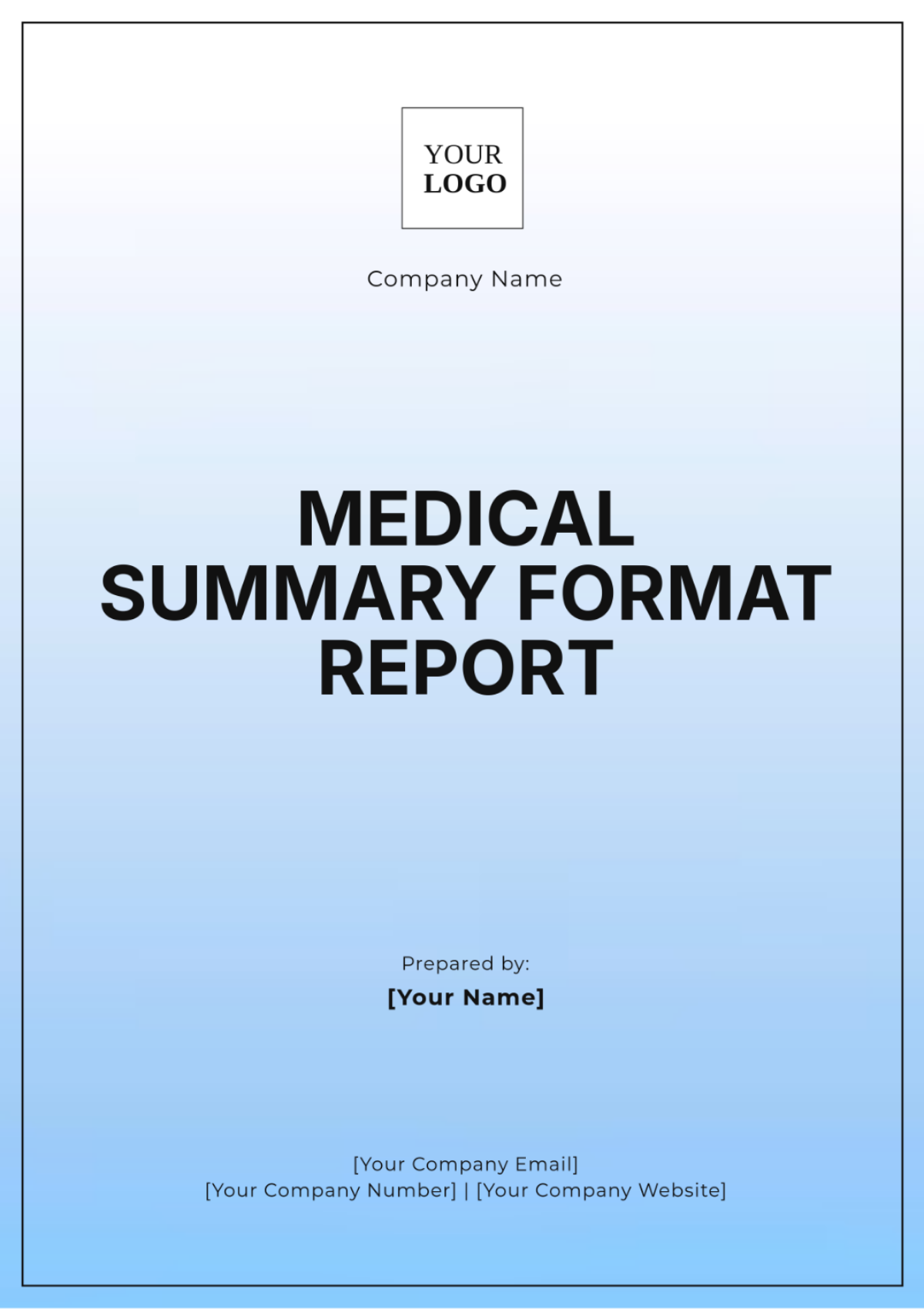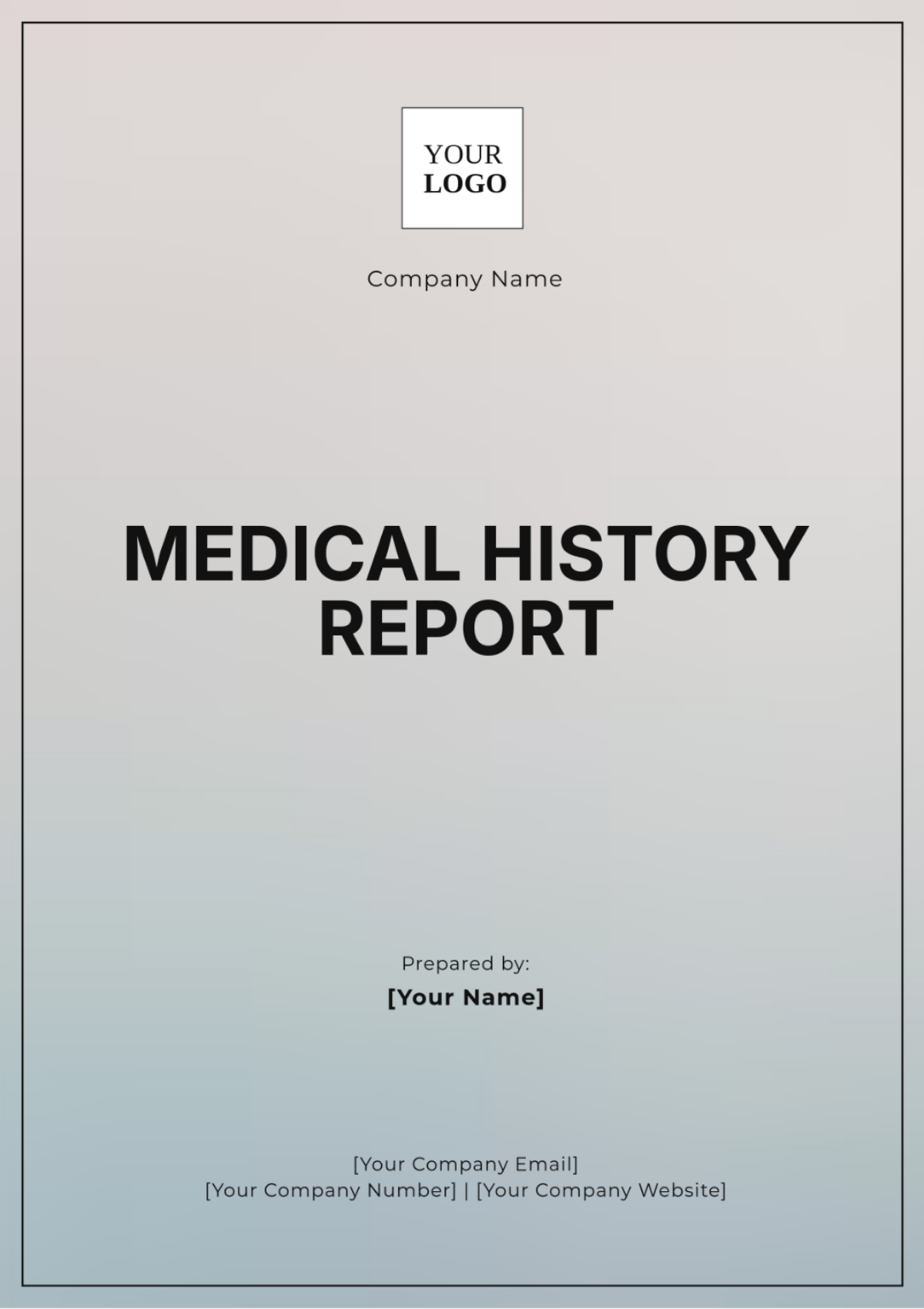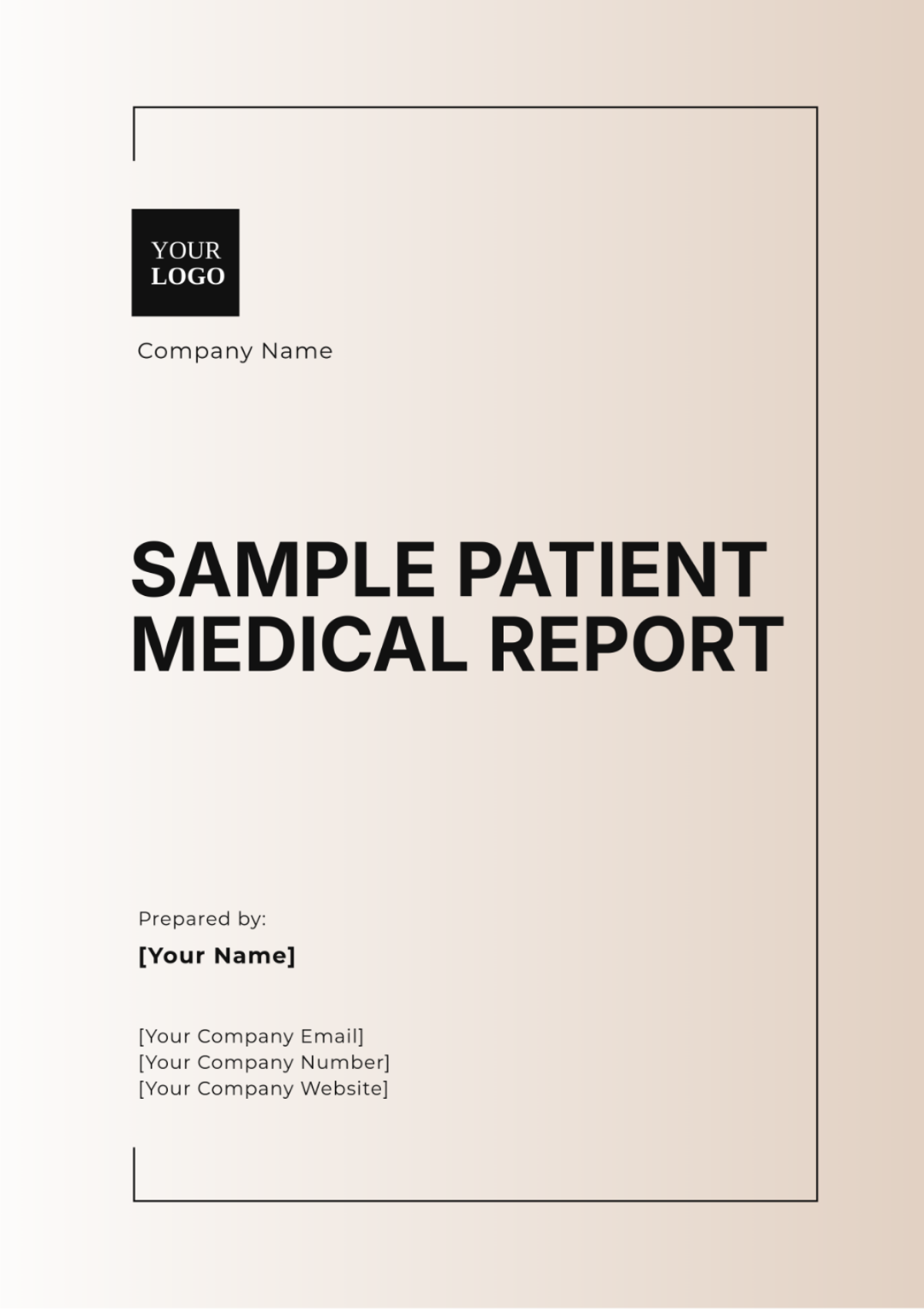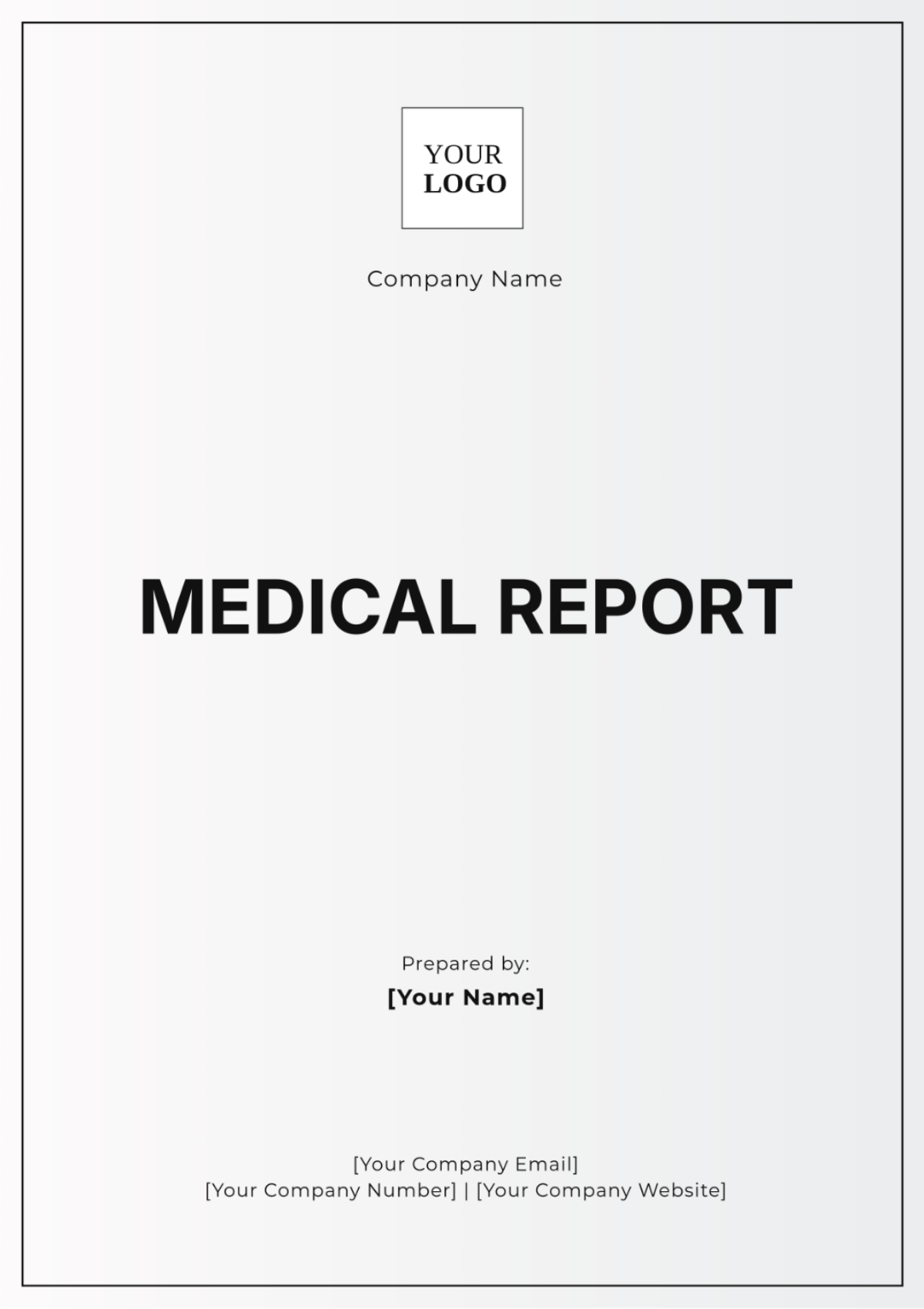Simple Cardiology Case Report
1. Introduction
This case report aims to detail the clinical presentation, diagnosis, treatment, and outcomes of a cardiology patient. It is intended for educational purposes to enhance the understanding of similar cases in a clinical setting. The report will discuss a patient suffering from a cardiac condition while highlighting the clinical decisions made throughout the treatment process.
2. Patient Information
A 68-year-old male with a history of hypertension and type 2 diabetes mellitus presented to the emergency department with symptoms of chest pain and shortness of breath.
Demographics
Attribute | Details |
|---|---|
Age | 68 years |
Gender | Male |
Medical History | Hypertension, Type 2 Diabetes Mellitus |
3. Clinical Presentation
The patient reported a sudden onset of chest pain radiating to the left arm, accompanied by dyspnea and sweating. The chest pain duration was approximately 30 minutes before the presentation.
Symptoms
Chest pain
Shortness of breath
Diaphoresis
Radiating pain in the left arm
4. Diagnosis
Upon admission, the following diagnostic workup was conducted to assess the patient's condition:
Diagnostic Tests
Test | Findings |
|---|---|
Electrocardiogram (ECG) | ST-segment elevation in the anterior leads |
Echocardiogram | Reduced ejection fraction (45%) |
Blood Tests | Elevated troponin levels |
5. Treatment
The patient was diagnosed with an acute myocardial infarction. Immediate medical intervention was initiated as per the standard guidelines for the management of myocardial infarction.
A. Medical Management
Aspirin 325 mg chewable
Clopidogrel 300 mg loading dose
Intravenous heparin infusion
Statins initiated post-stabilization
B.Procedures
An emergency coronary angiography was conducted, revealing a 90% occlusion of the left anterior descending artery. The patient underwent a successful percutaneous coronary intervention (PCI) with the placement of a drug-eluting stent.
6. Outcomes
The patient's chest pain resolved post-PCI, and he was monitored in the coronary care unit for 48 hours. Subsequent ECGs showed resolution of ST-segment elevation. The patient was discharged on the fifth day with a comprehensive cardiac rehabilitation plan.
Discharge Medications
Aspirin 81 mg/day
Clopidogrel 75 mg/day
Beta-blocker
ACE inhibitor
Statin therapy
7. Follow-Up
At a 3-month follow-up, the patient reported adherence to medication and lifestyle changes. Cardiac output had improved, and there were no further episodes of chest pain. The patient continues under regular cardiology follow-up with positive lifestyle modifications.
8. Conclusion
This case underscores the importance of rapid diagnosis and treatment in acute myocardial infarction, highlighting the role of multidisciplinary care and patient education in preventing recurrent cardiac events. Timely intervention and adherence to treatment protocols significantly improved outcomes for the patient.
